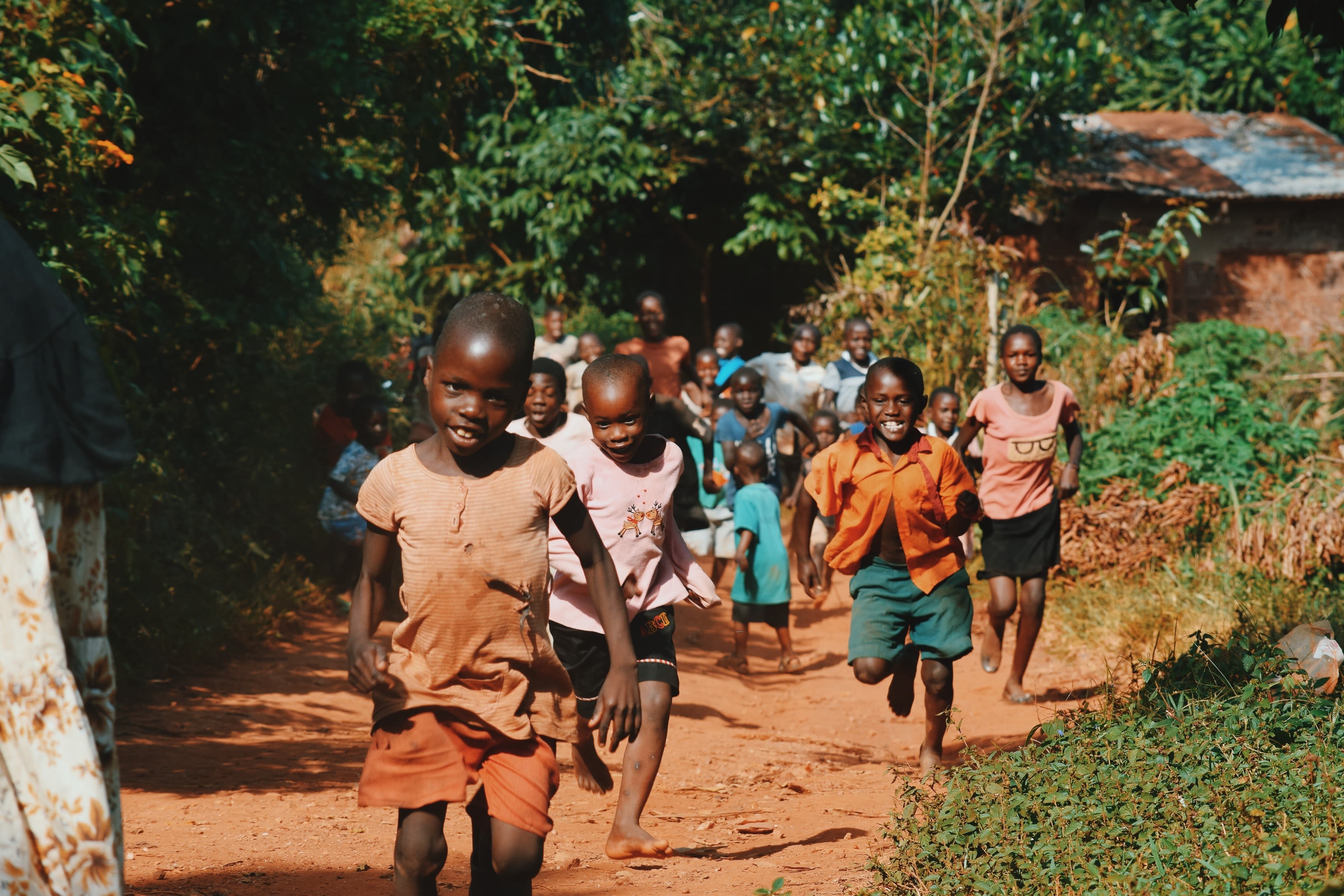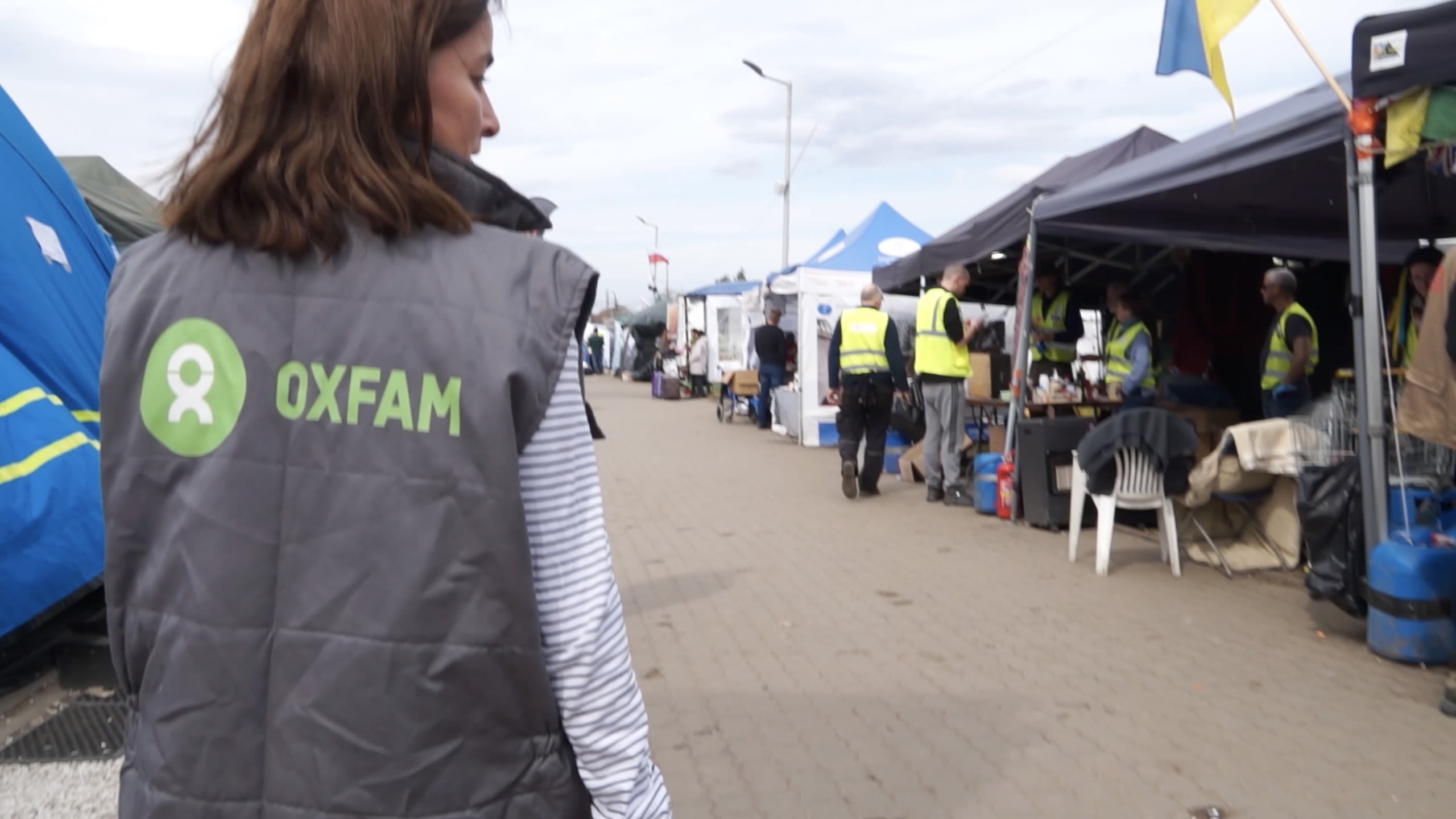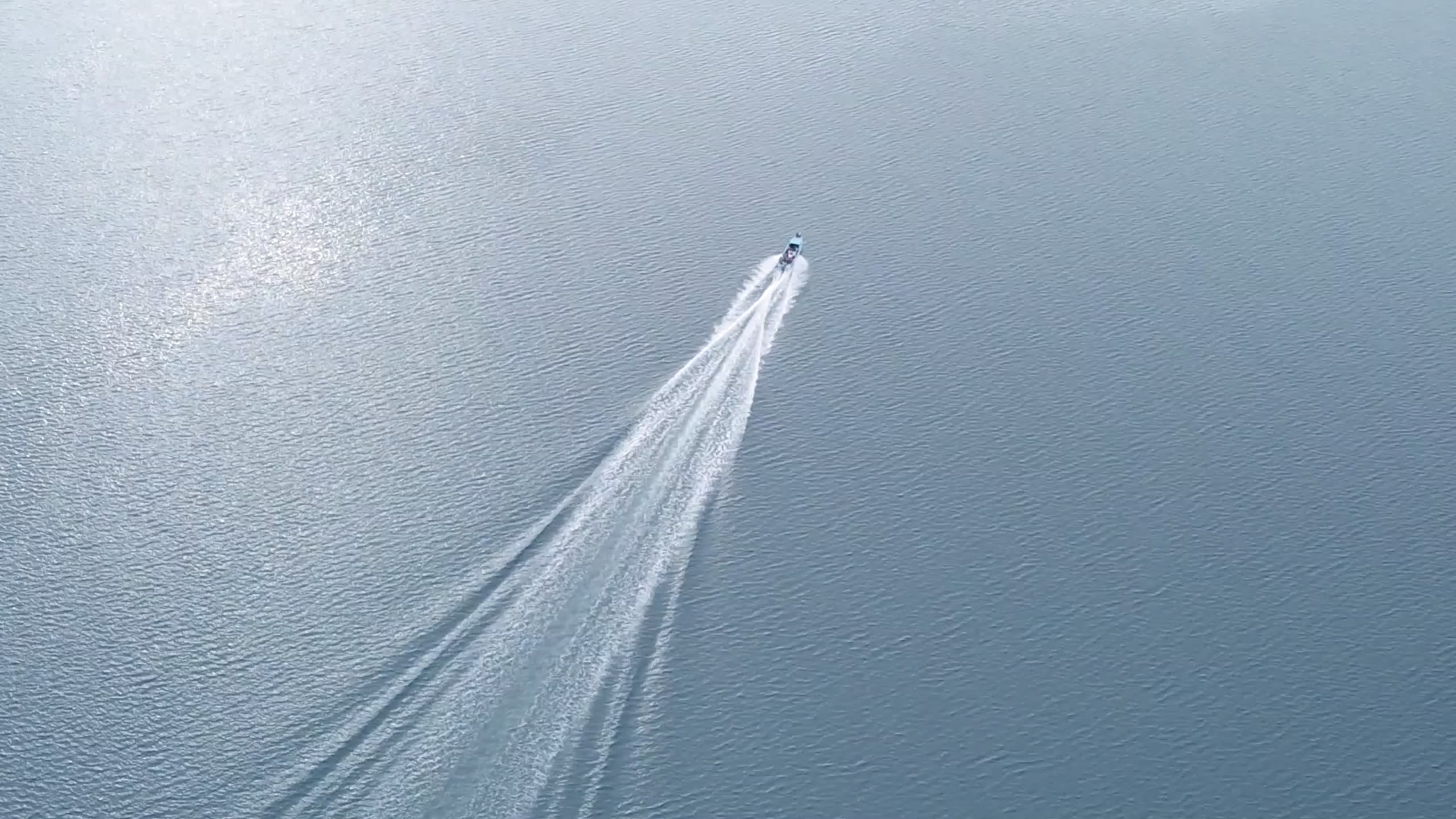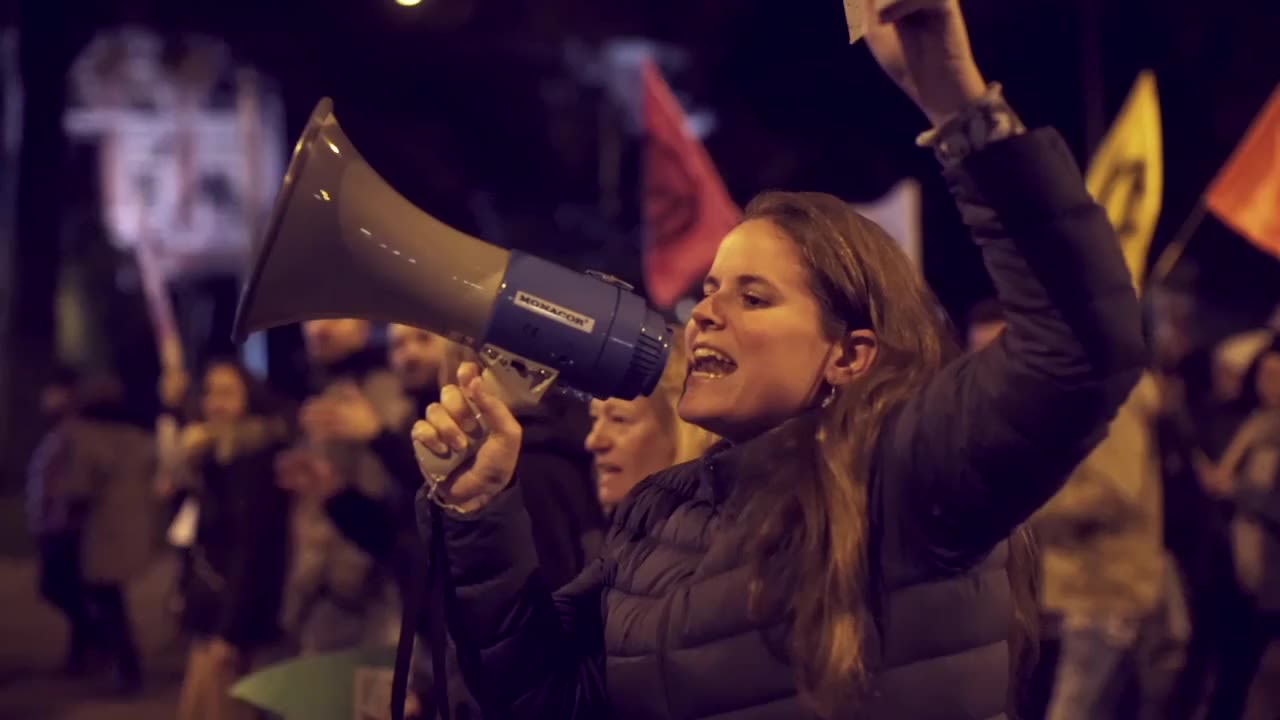

SPEAKING TRUTH TO POWER

In Uganda, Oxfam works together with CEFORD and other partner organizations to fight poverty and injustice. Oxfam actively supports the leadership of local and national actors. Because organizations like CEFORD are simply best placed to understand what communities need most.
Amitabh Behar (Oxfam) and Juliet Donna (CEFORD) review the past year and look ahead.

CHANGE IS HAPPENING

In Bangladesh 259 child marriages were prevented. Community members feel that their capacity to address gender-based violence and child marriage has become stronger.
In a district in Kenya, through public addresses by women champions, elders have begun to allow women to attend barazas (local meetings). Just a few years ago, this would not have been possible.
In Jordan the government’s ambition on economic growth now includes a sexual and reproductive health rights national policy.
In the Philippines six national government agencies worked to integrate unpaid care work into their programs and policies, following an Oxfam-supported national care survey.
In Burkina Faso, Ghana and Kenya governments are increasing spending on education, health, social protection, agriculture and food security. This follows strengthened citizen participation in budgeting and public sector expenditure monitoring.
Iraq and Yemen have seen a doubling of the number of women and girls who feel safe from gender-based violence, in areas where Oxfam projects have been implemented.
Following Oxfam’s tax report, the Colombian government announced that it would host a summit to discuss the adoption of a wealth tax. This is a gamechanger in Latin America and could mobilize millions of dollars for health and education.
11 major supermarkets across Germany, the Netherlands and the UK have now made commitments to uphold the UN Guiding Principles on Business and Human Rights and report against them. Only three supermarkets had made such a commitment four years ago.
Following pressure from Oxfam and others, TotalEnergies has started paying better allowances for people in Uganda who need to relocate because of a pipeline construction. New houses for resettled families are larger and better finished.
Some of the communities in Guatemala that help farmers diversify their sources of income are seeing improvements in nutrition and a decrease in migration. And women are taking up leadership roles.
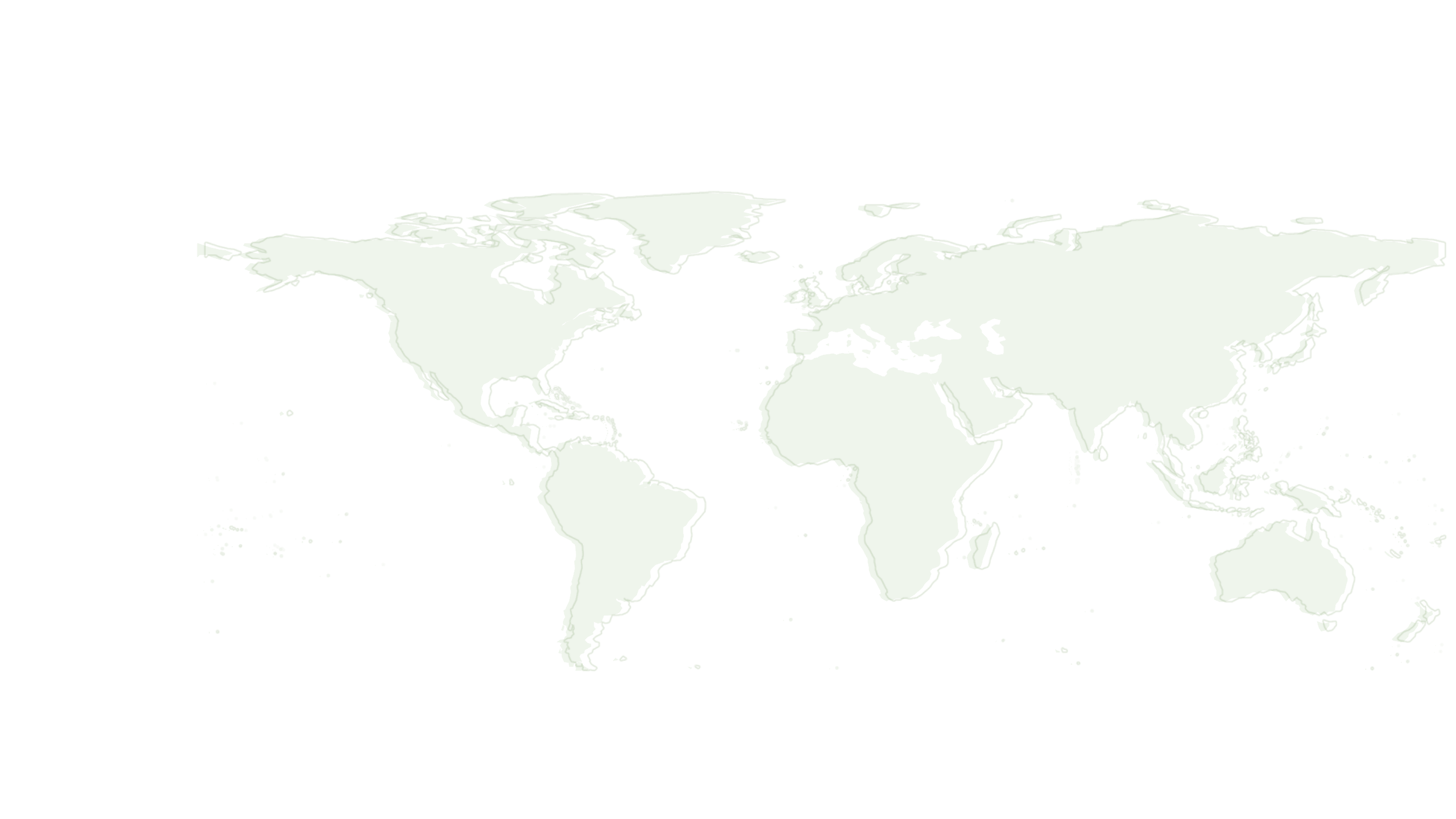
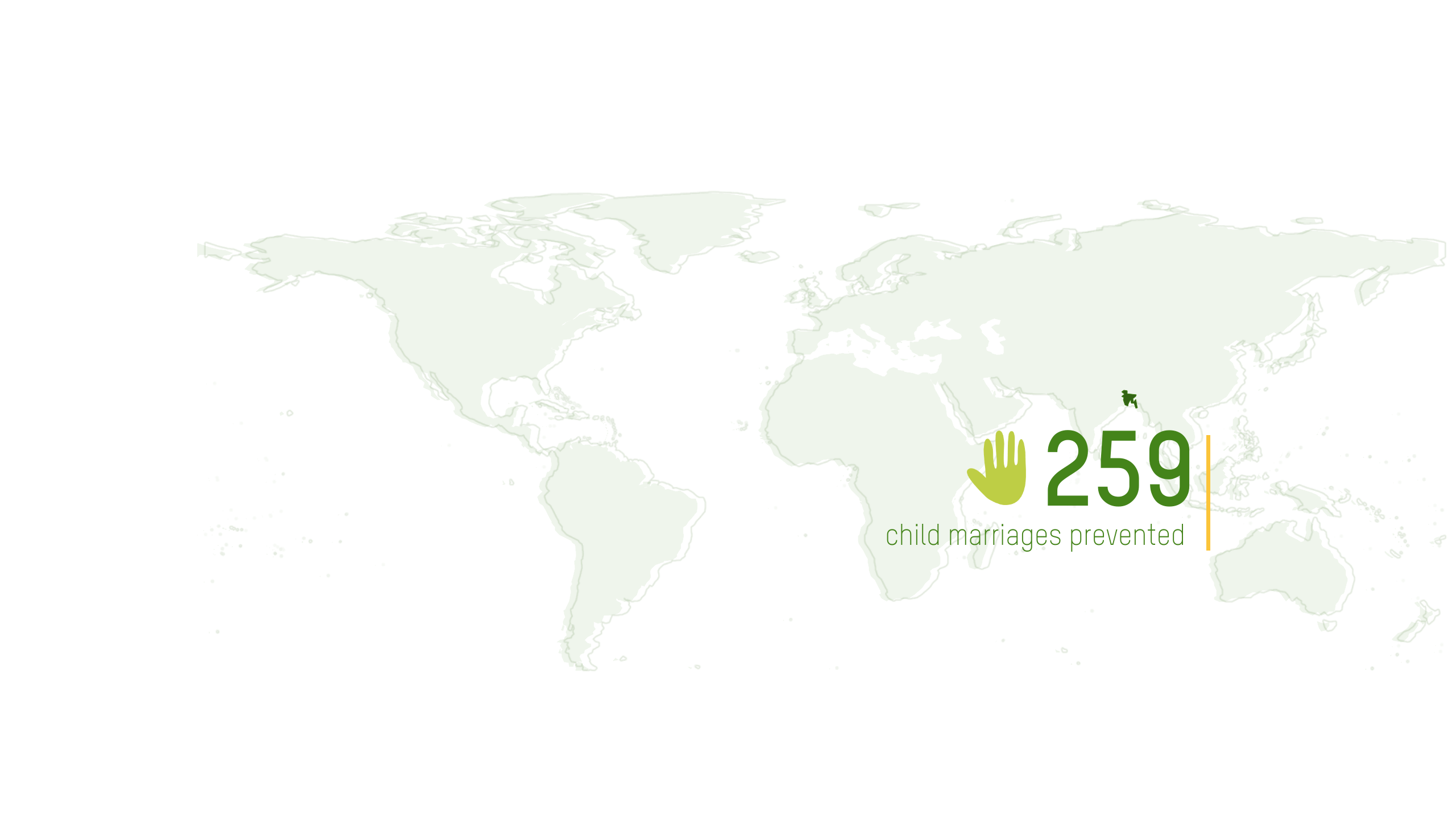

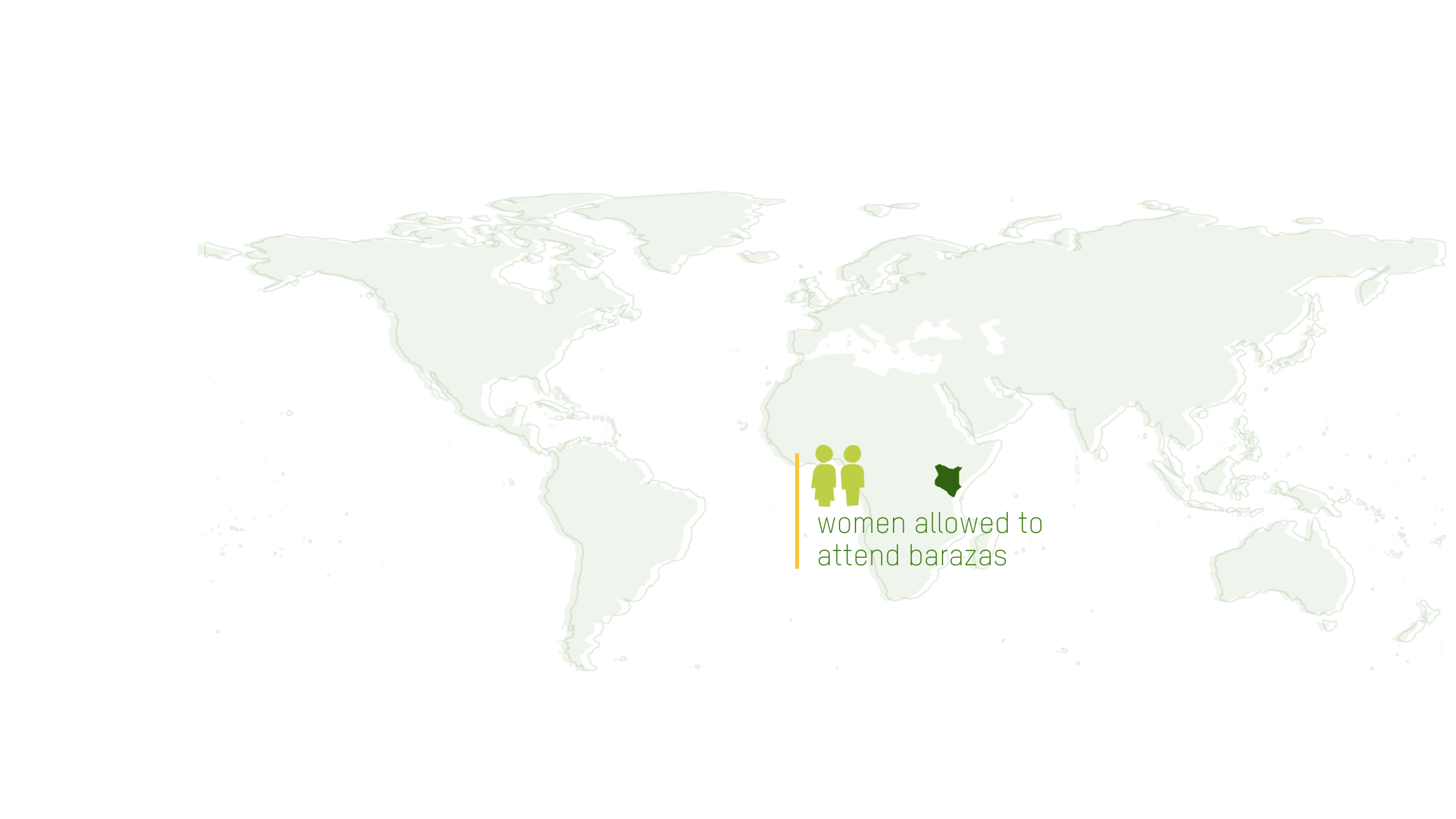

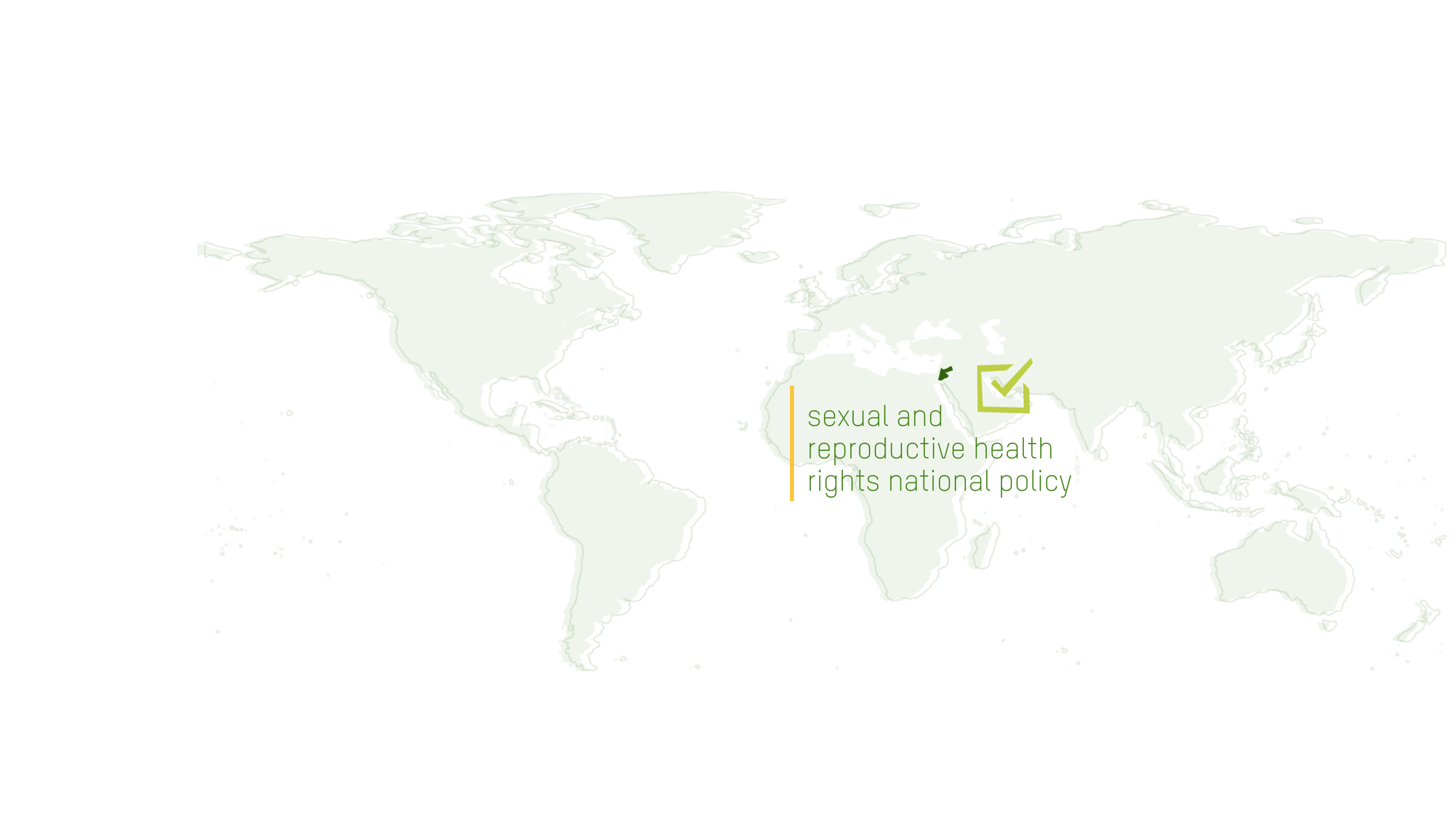


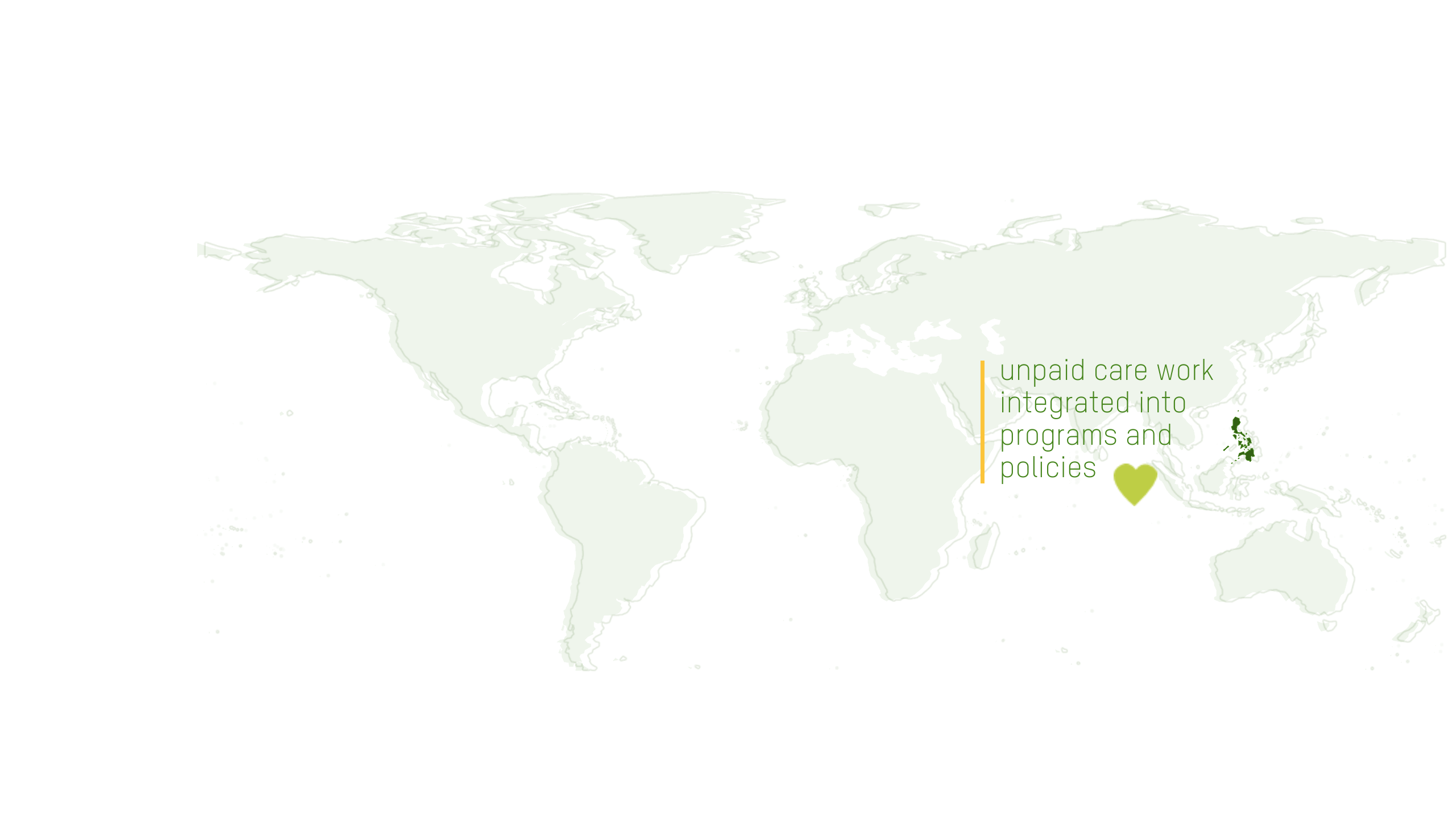


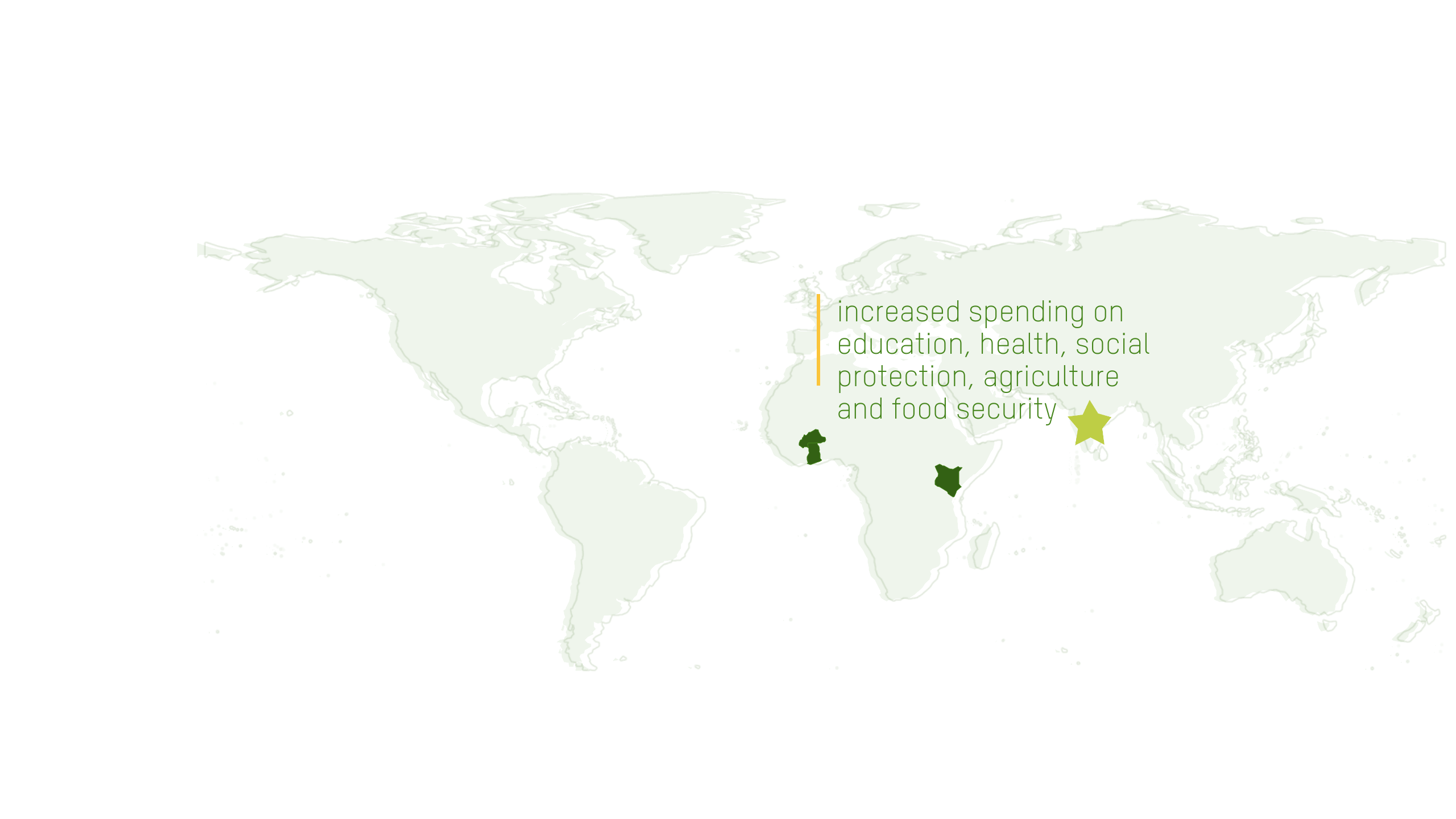


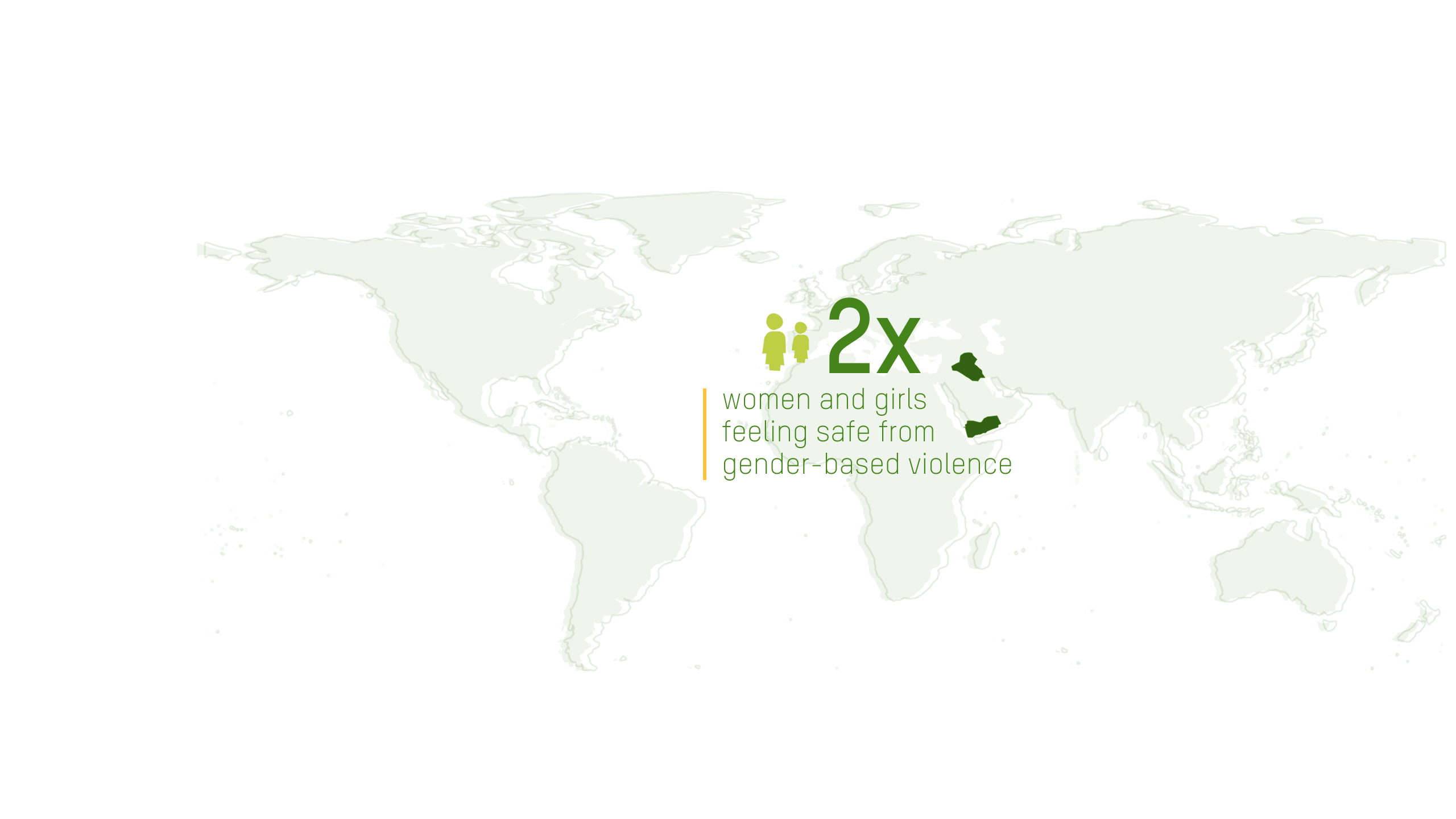


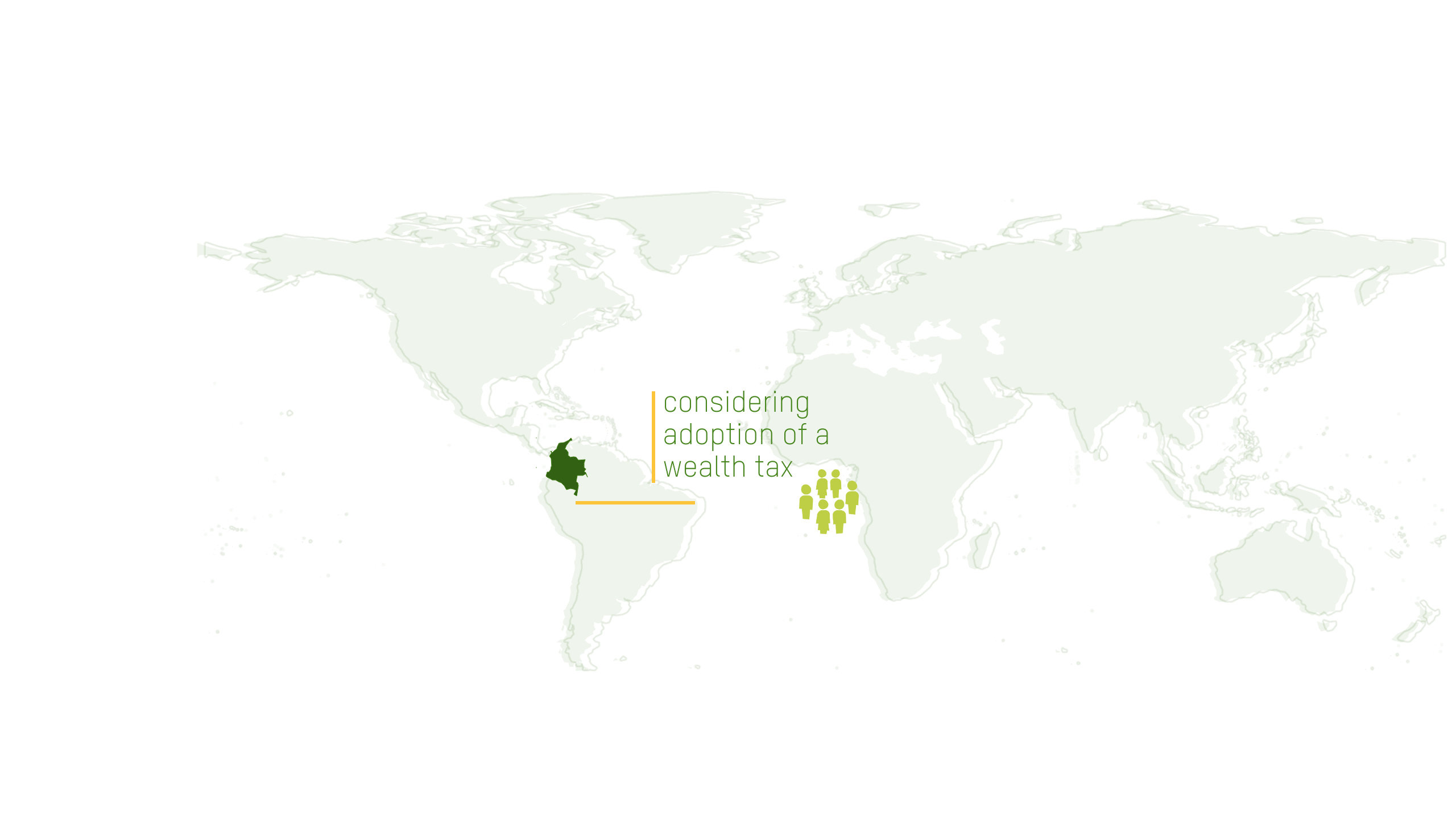


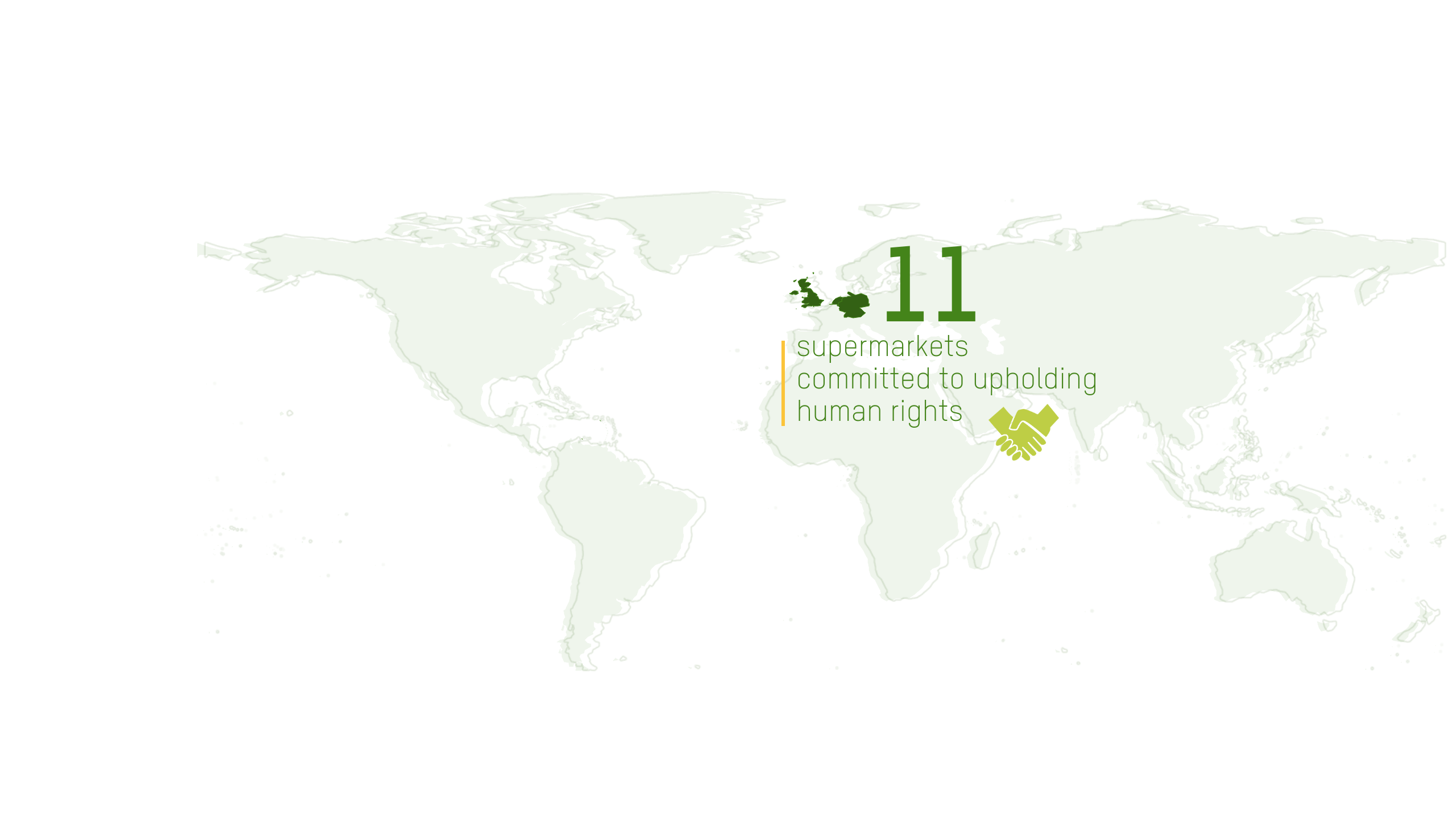

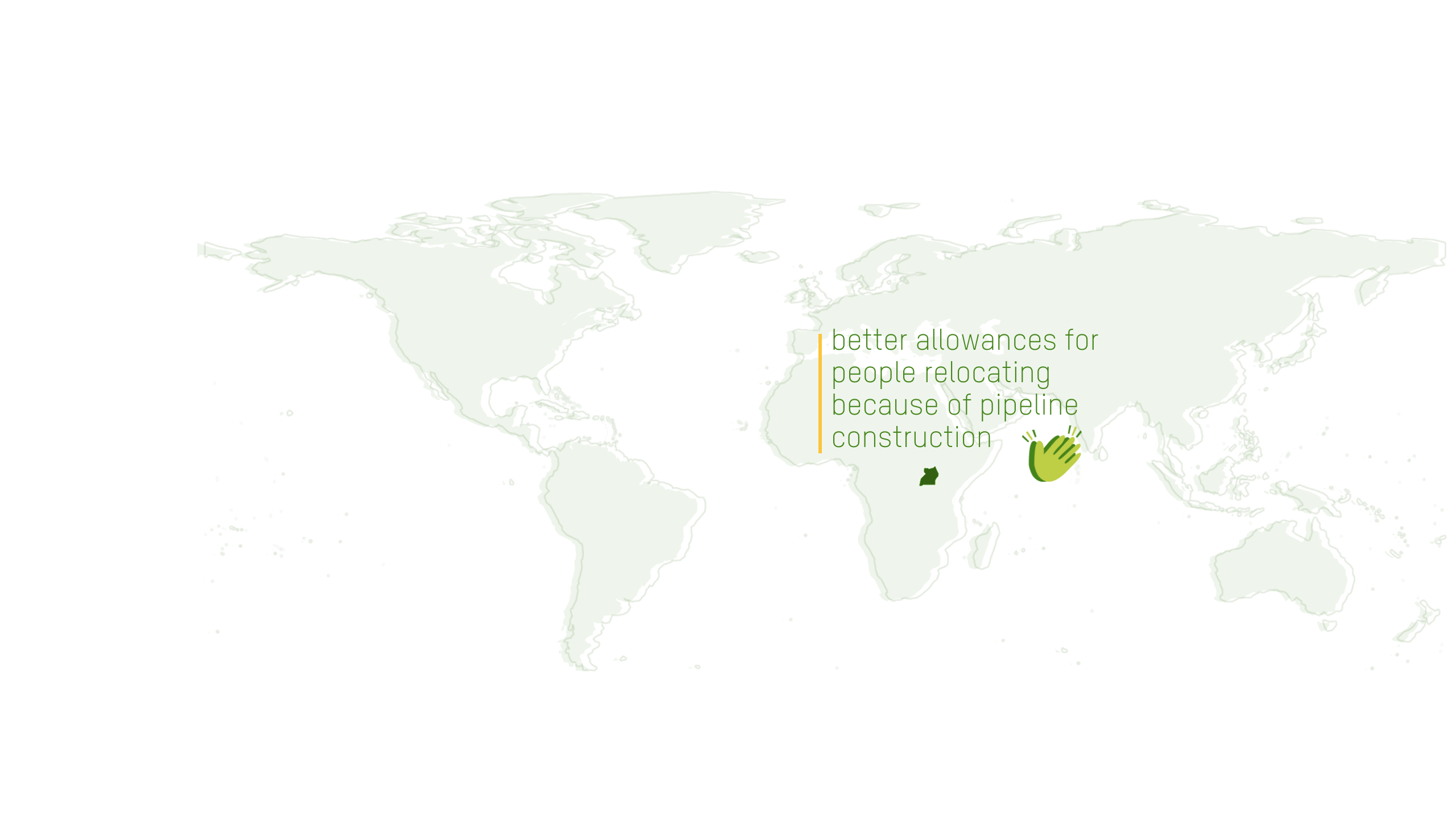


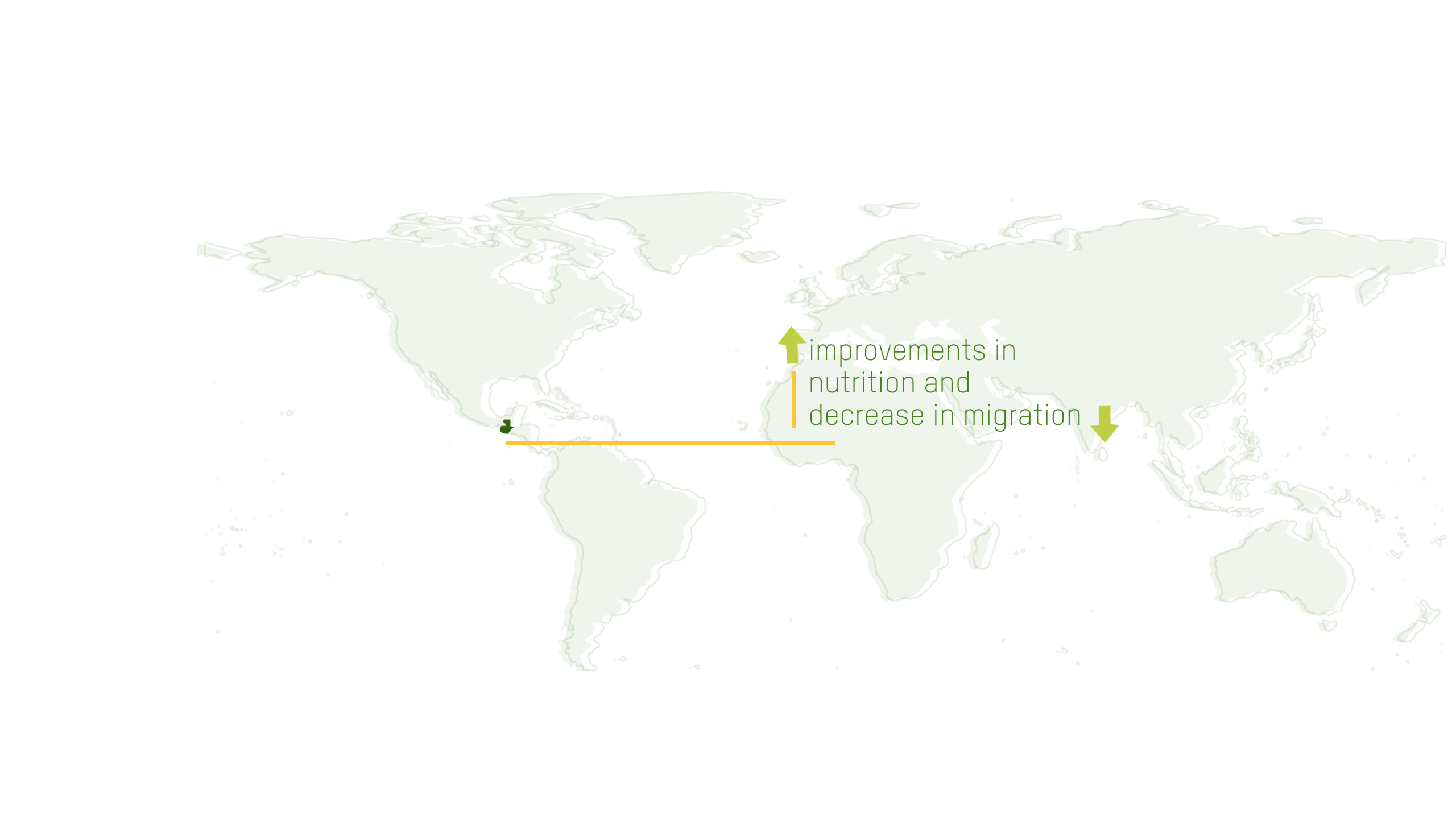

In Bangladesh 259 child marriages were prevented. Community members feel that their capacity to address gender-based violence and child marriage has become stronger.
In a district in Kenya, through public addresses by women champions, elders have begun to allow women to attend barazas (local meetings). Just a few years ago, this would not have been possible.
In Jordan the government’s ambition on economic growth now includes a sexual and reproductive health rights national policy.
In the Philippines six national government agencies worked to integrate unpaid care work into their programs and policies, following an Oxfam-supported national care survey.
In Burkina Faso, Ghana and Kenya governments are increasing spending on education, health, social protection, agriculture and food security. This follows strengthened citizen participation in budgeting and public sector expenditure monitoring.
Iraq and Yemen have seen a doubling of the number of women and girls who feel safe from gender-based violence, in areas where Oxfam projects have been implemented.
Following Oxfam’s tax report, the Colombian government announced that it would host a summit to discuss the adoption of a wealth tax. This is a gamechanger in Latin America and could mobilize millions of dollars for health and education.
11 major supermarkets across Germany, the Netherlands and the UK have now made commitments to uphold the UN Guiding Principles on Business and Human Rights and report against them. Only three supermarkets had made such a commitment four years ago.
Following pressure from Oxfam and others, TotalEnergies has started paying better allowances for people in Uganda who need to relocate because of a pipeline construction. New houses for resettled families are larger and better finished.
Some of the communities in Guatemala that help farmers diversify their sources of income are seeing improvements in nutrition and a decrease in migration. And women are taking up leadership roles.



























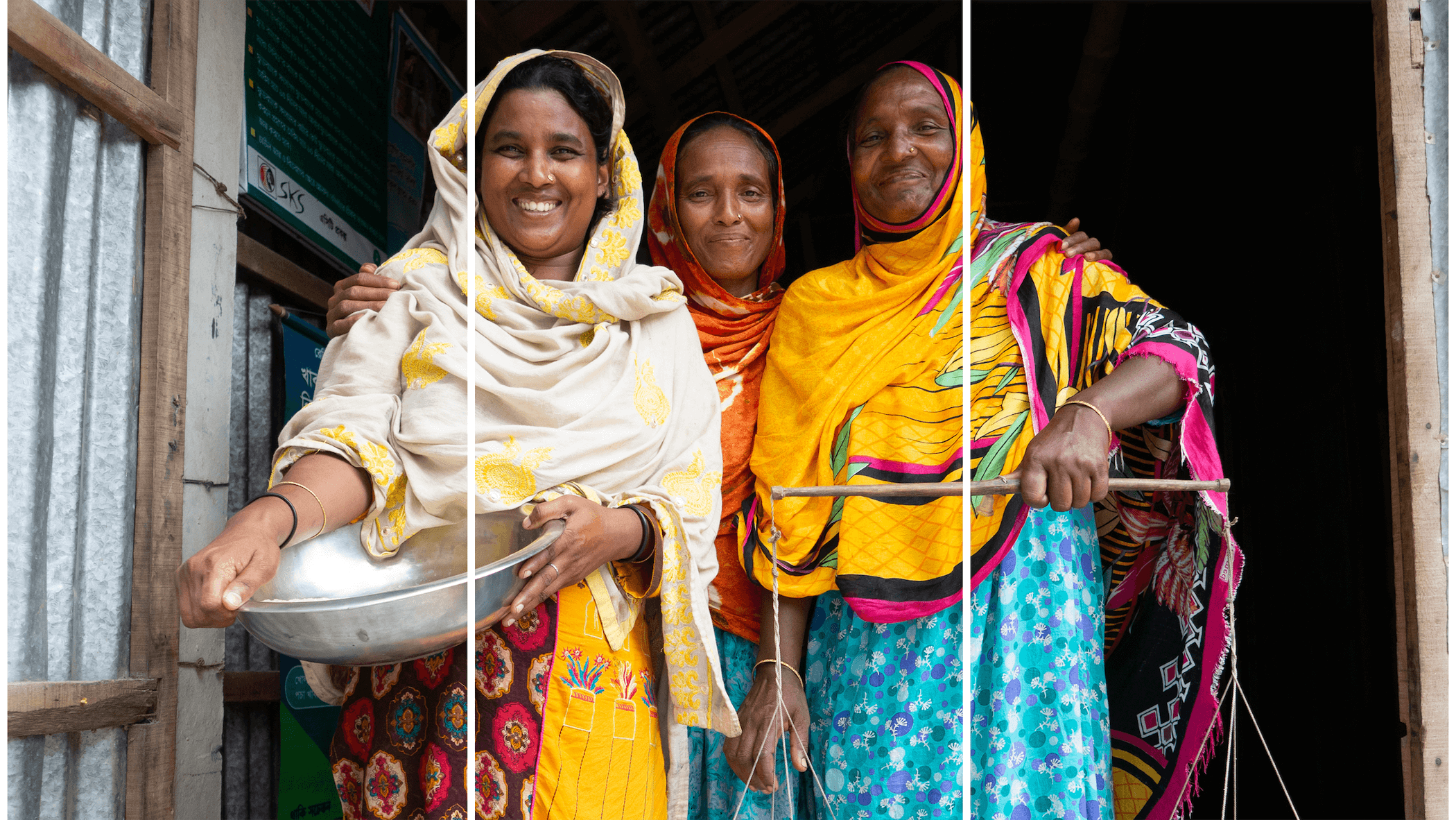
15.5M
PEOPLE

2,248
PARTNERS

86
COUNTRIES

15.5M
PEOPLE
2,248
PARTNERS
86
COUNTRIES
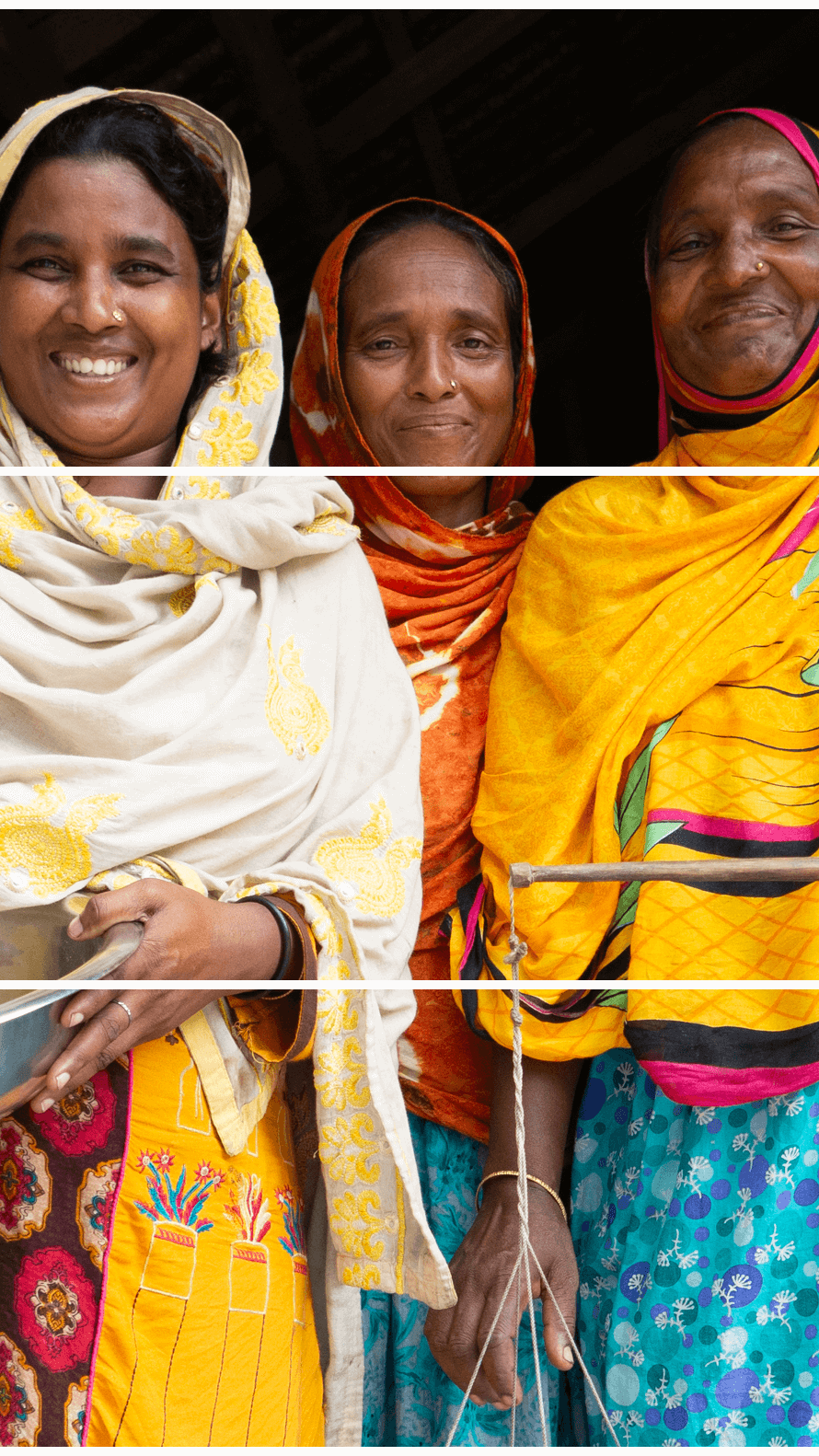

1
FIGHT
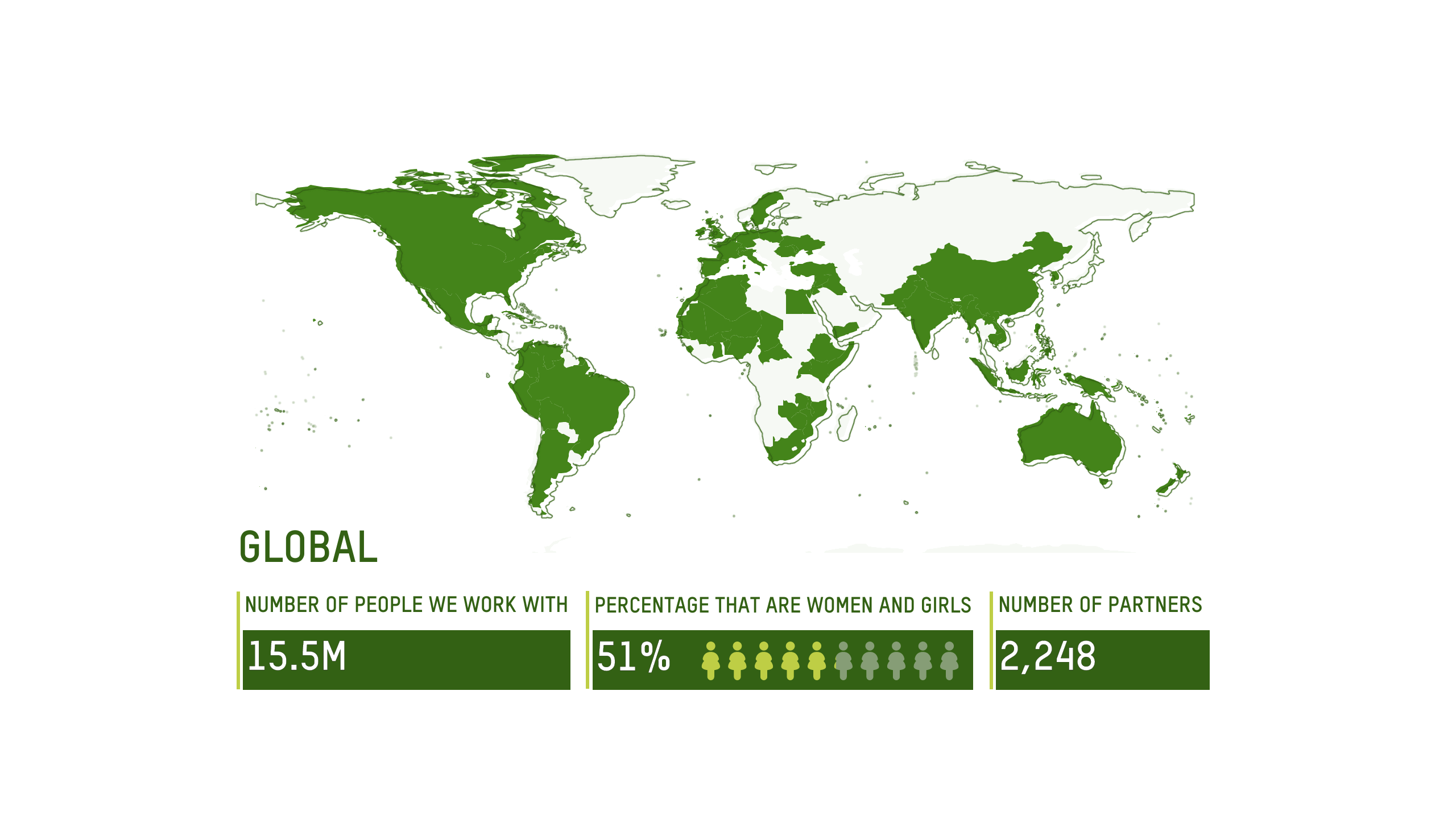
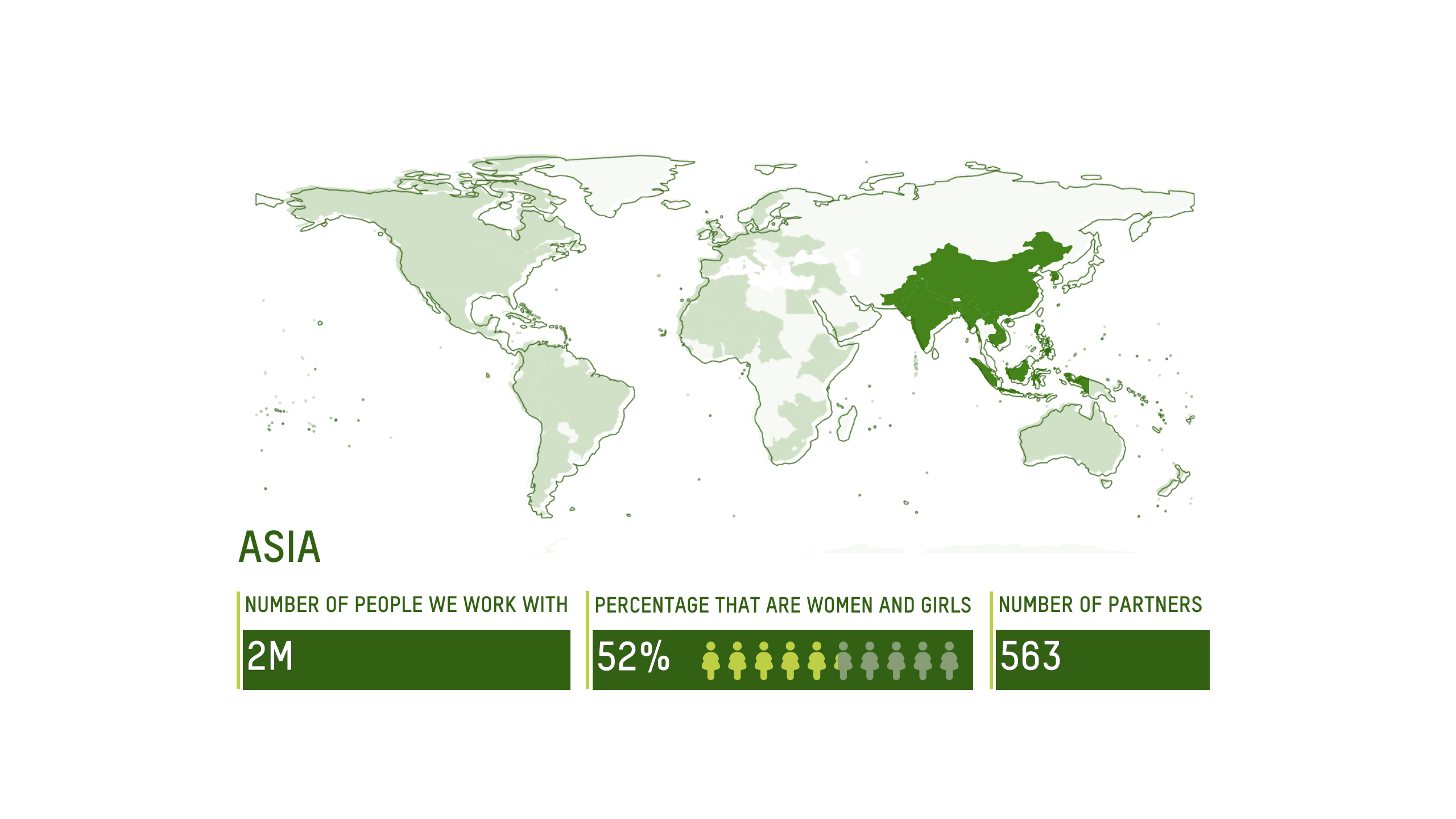
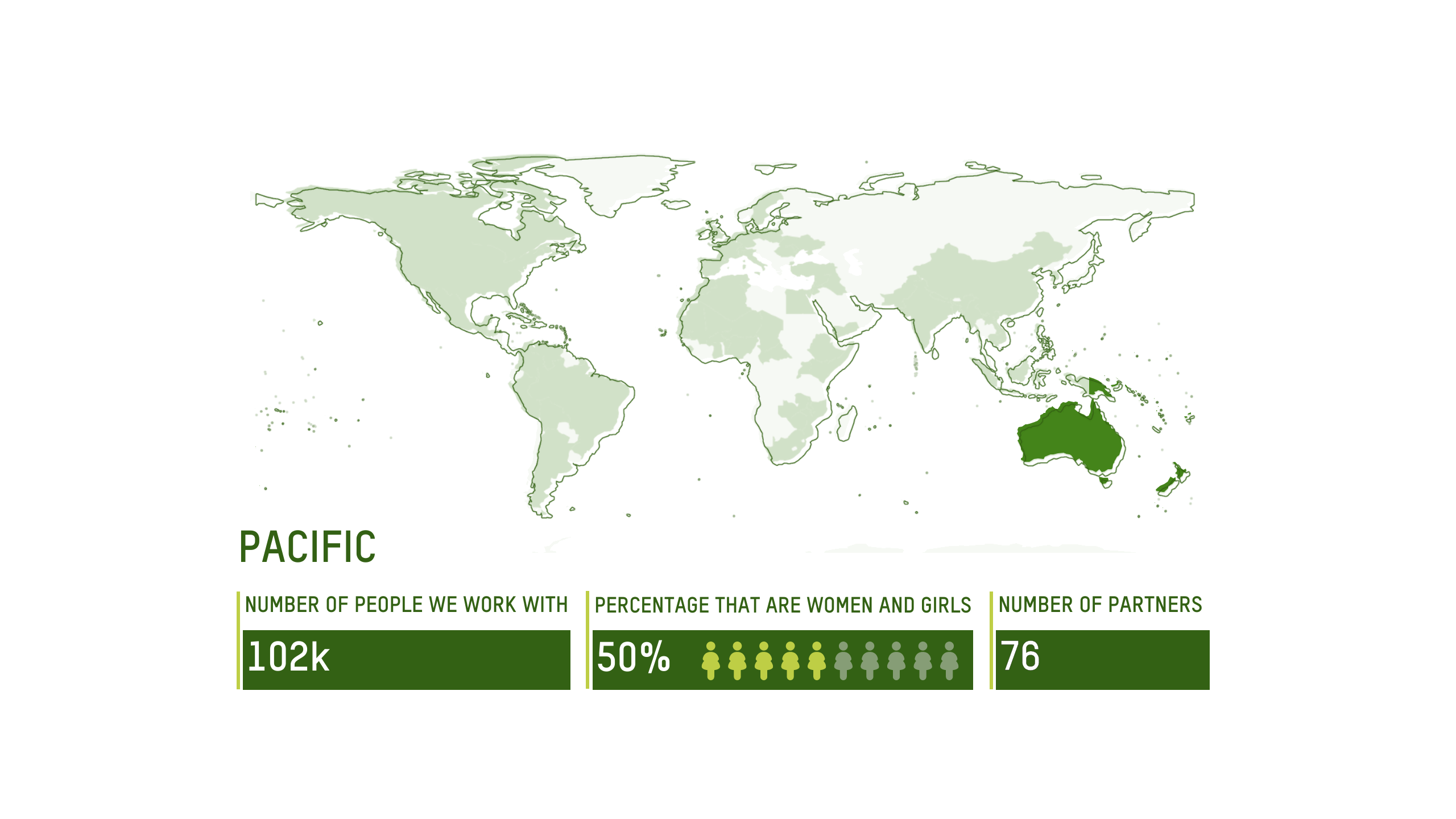
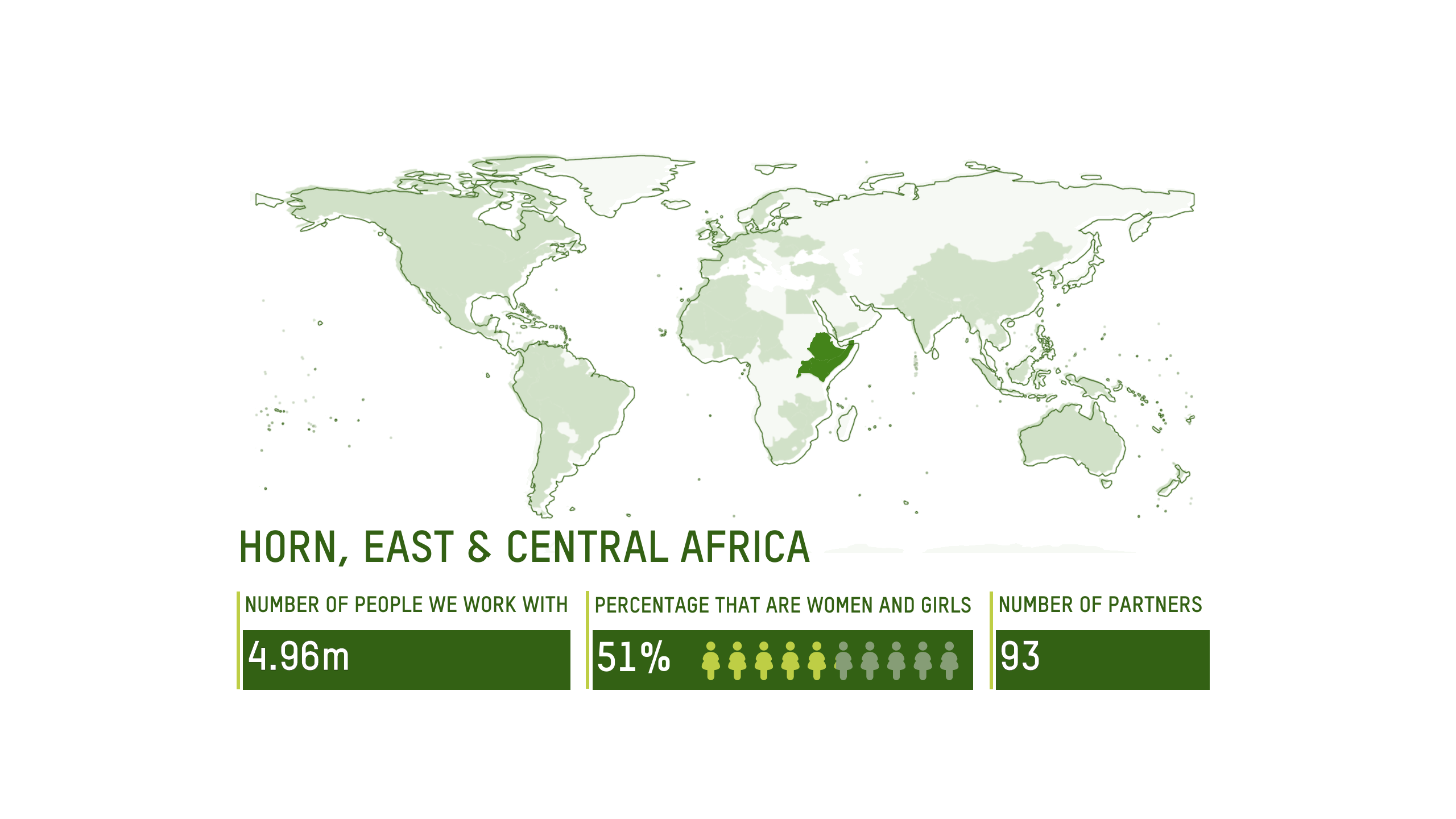
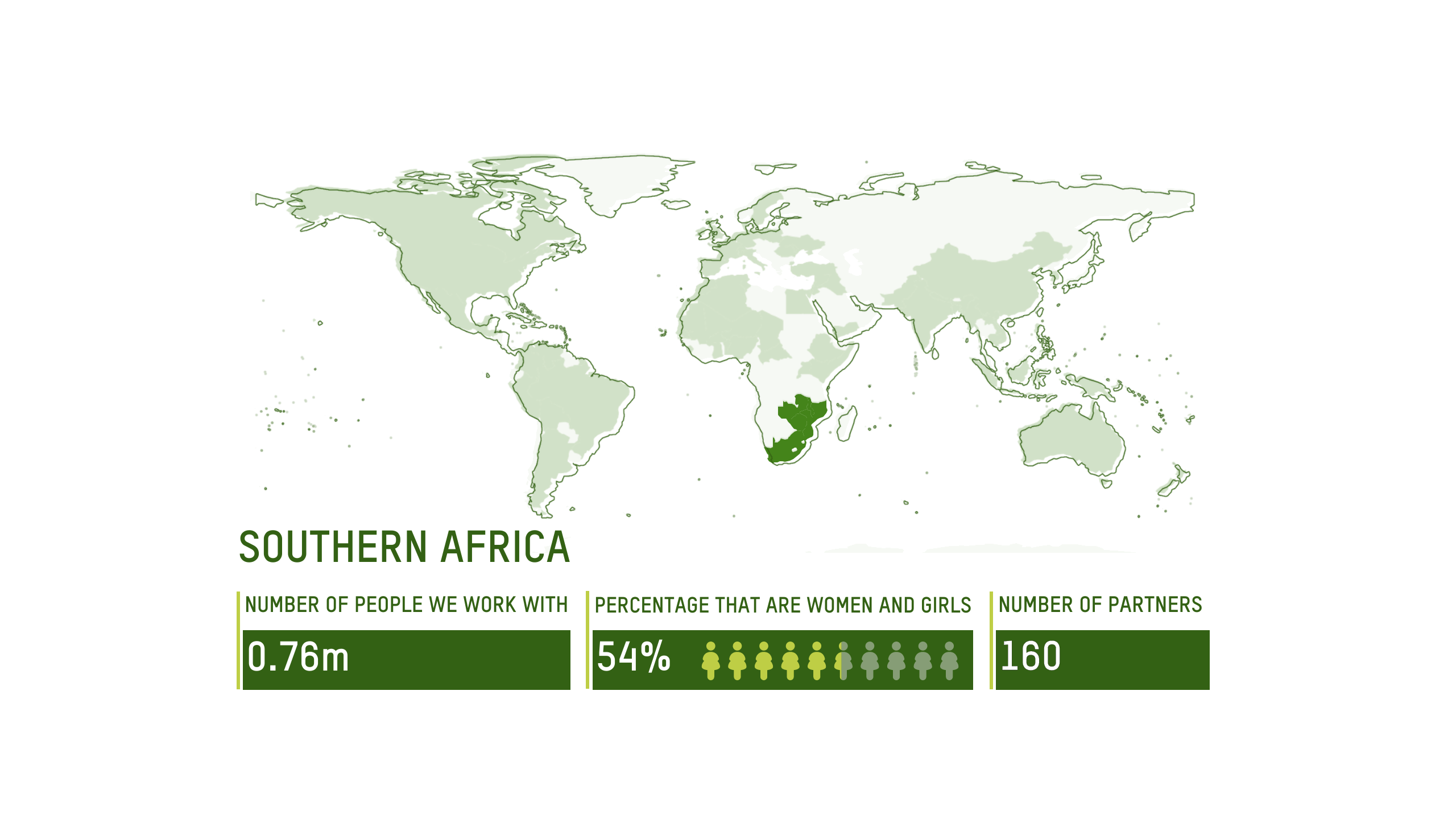
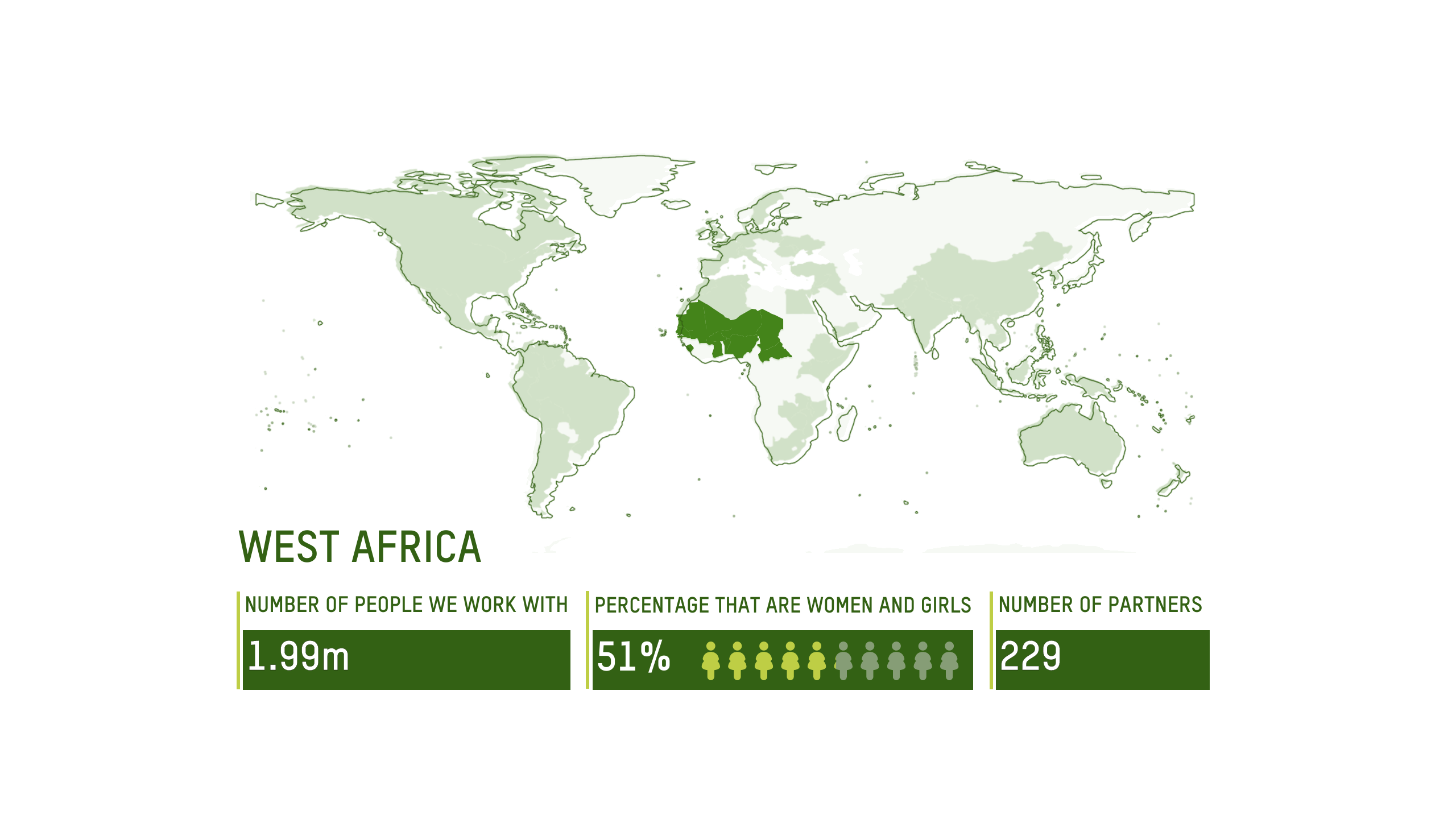
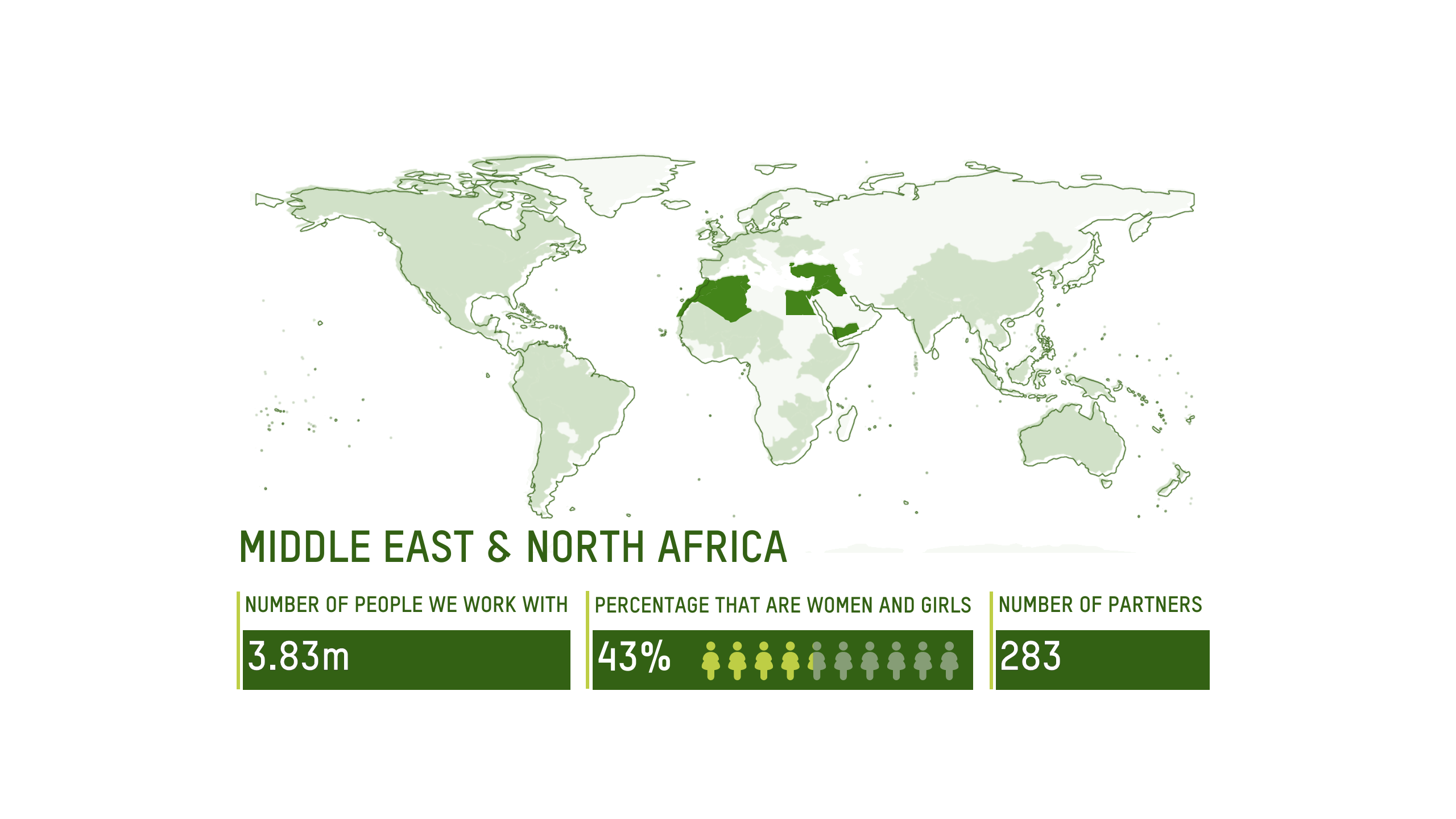
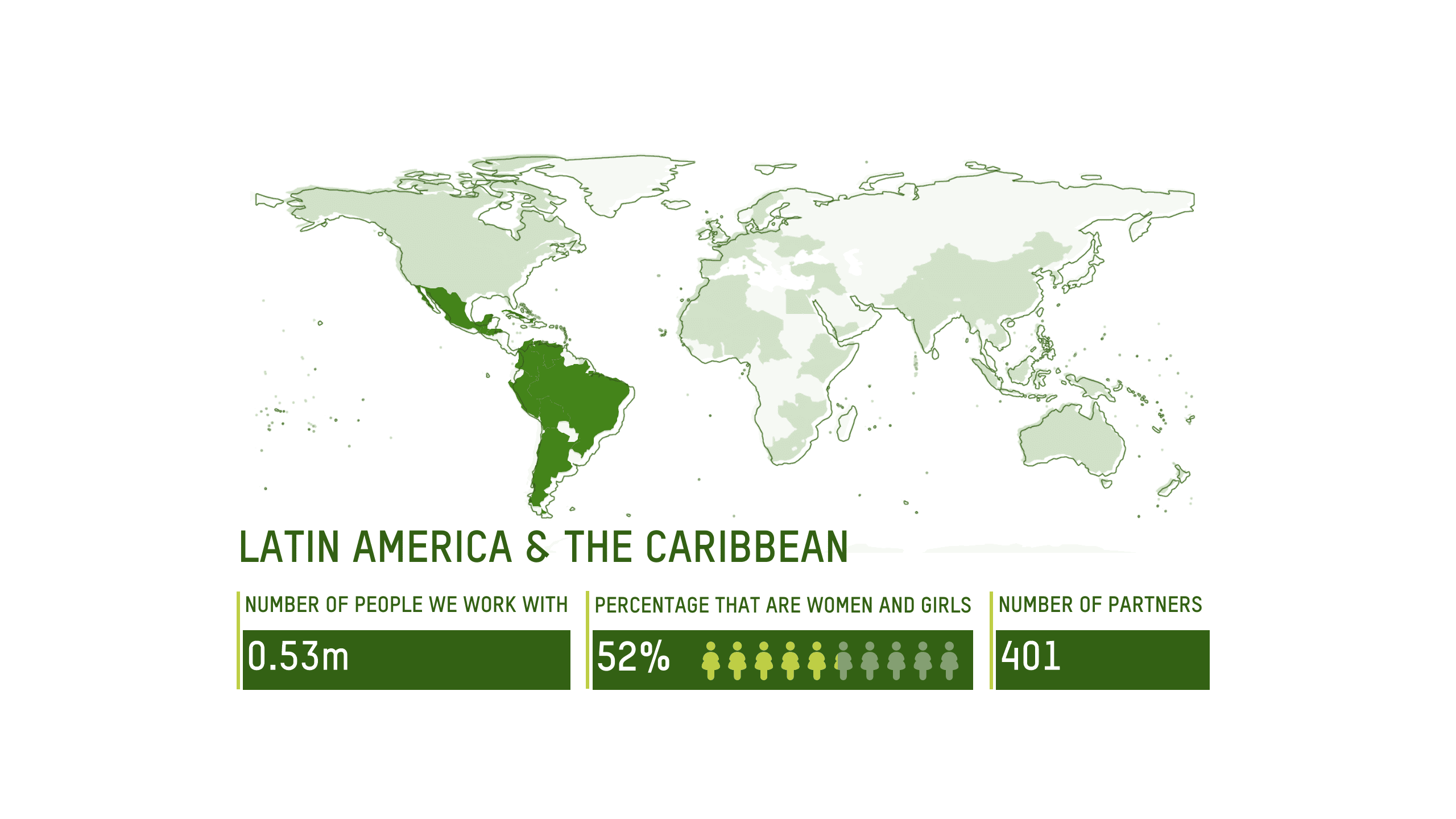
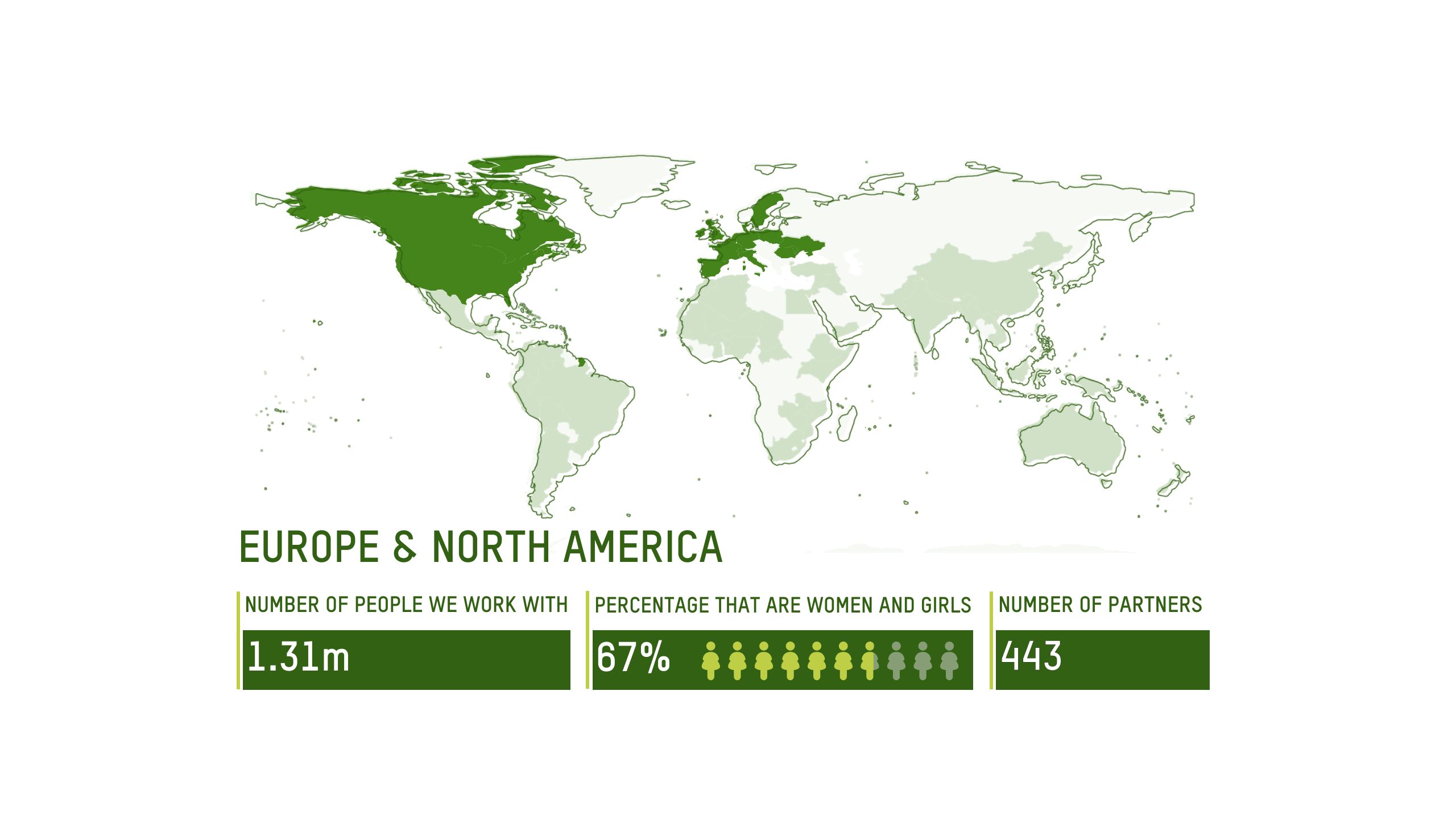








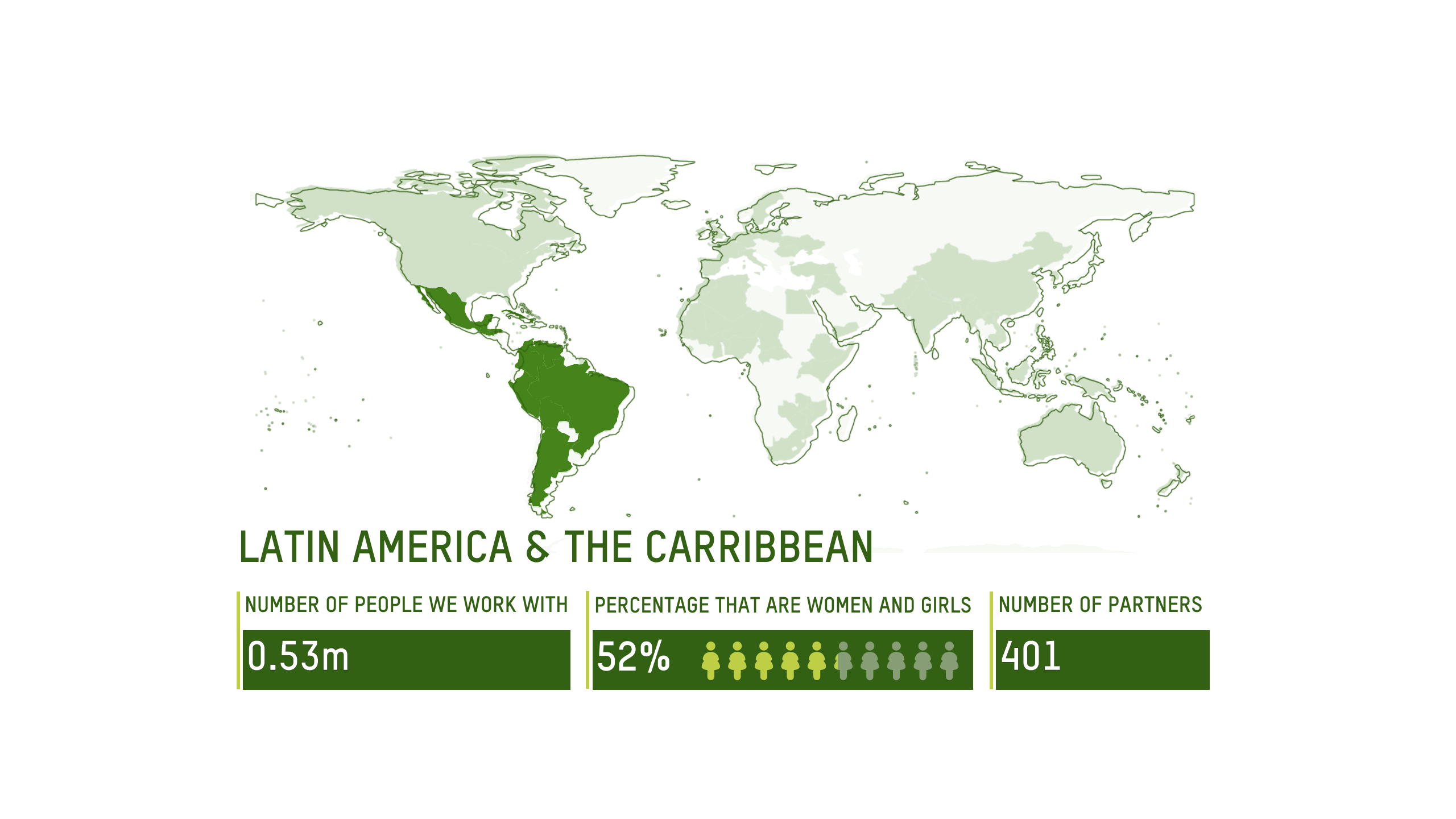


VOICES OF HOPE

Some of us light a spark in the darkest of places.
The story of the future is being written now. And remarkably, it is not being written by greed and inequality. It is being written by Hamda, Sofía, Ngoulda, and so many other people we work with, who refuse to give up despite seemingly insurmountable challenges.
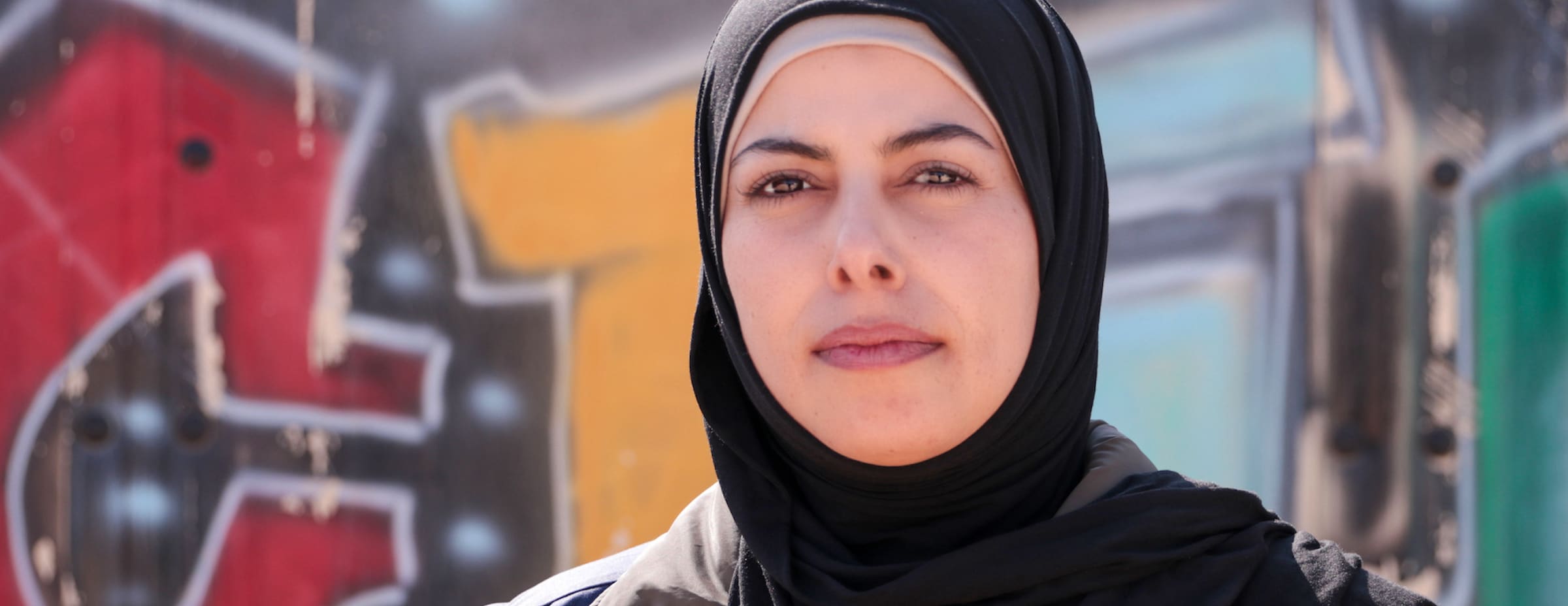
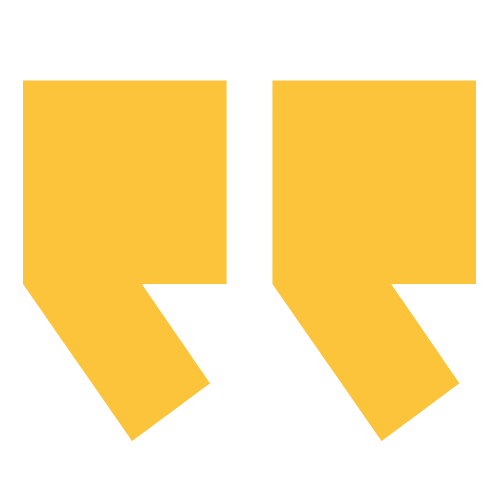
I couldn’t allow my son to see my sadness,
I didn’t have time to be depressed, and I knew I had to be a source of inspiration for those around me. Some rely on me for the smallest shred of hope.
In 2014, Hamda Al Marzouq, 31, carried her only child through sandstorms and shelling to finally arrive in a Jordan refugee camp fleeing the conflict in Syria. She quickly realized that she had to fend for herself, her son, and her chronically ill parents, in an environment where everyone was trying to do the same. She applied for a volunteering job in the camp, and that turned out to be the start of a remarkable journey.
Nine years later, Hamda is a team leader at one of Oxfam’s waste sorting facilities, overseeing a team of 86 workers. She inspires other refugees every day again.
Read more

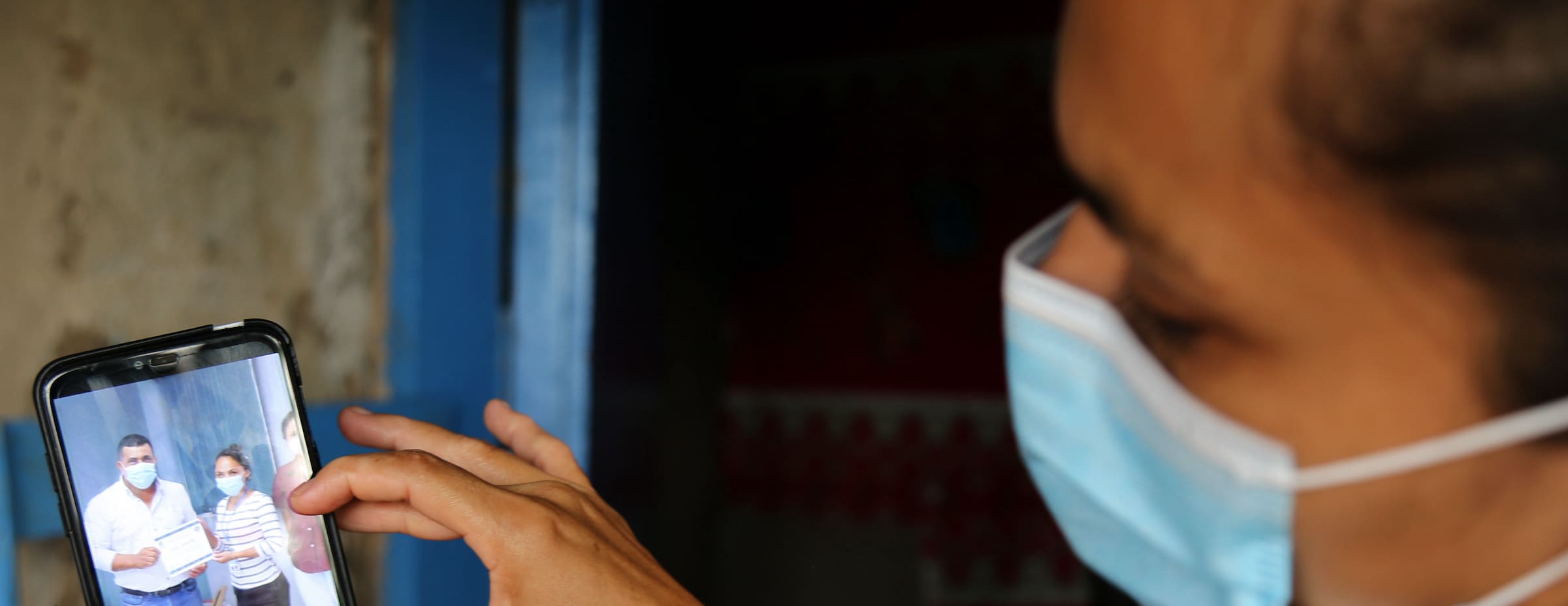

I called on all my courage and that day I said, ‘Enough!’
Women have the strength to fight injustice and to overcome any problem we have in our homes and communities.
Sofía Lopez* (34) was seven months’ pregnant when her ex-partner beat her almost to death. He was an alcoholic, a womanizer, and very jealous, she says. But one day she put a stop to it. She took the step of reporting him to the El Salvador police. That day, she won her battle against violence. Sofía returned to studying and earned her high school diploma. She found a new partner. She is now in charge of her village’s civil protection commission and first-aid brigade. She works with local authorities and organizations in emergencies to ensure the distribution of aid to people in need. And she counsels women who have experienced violence.

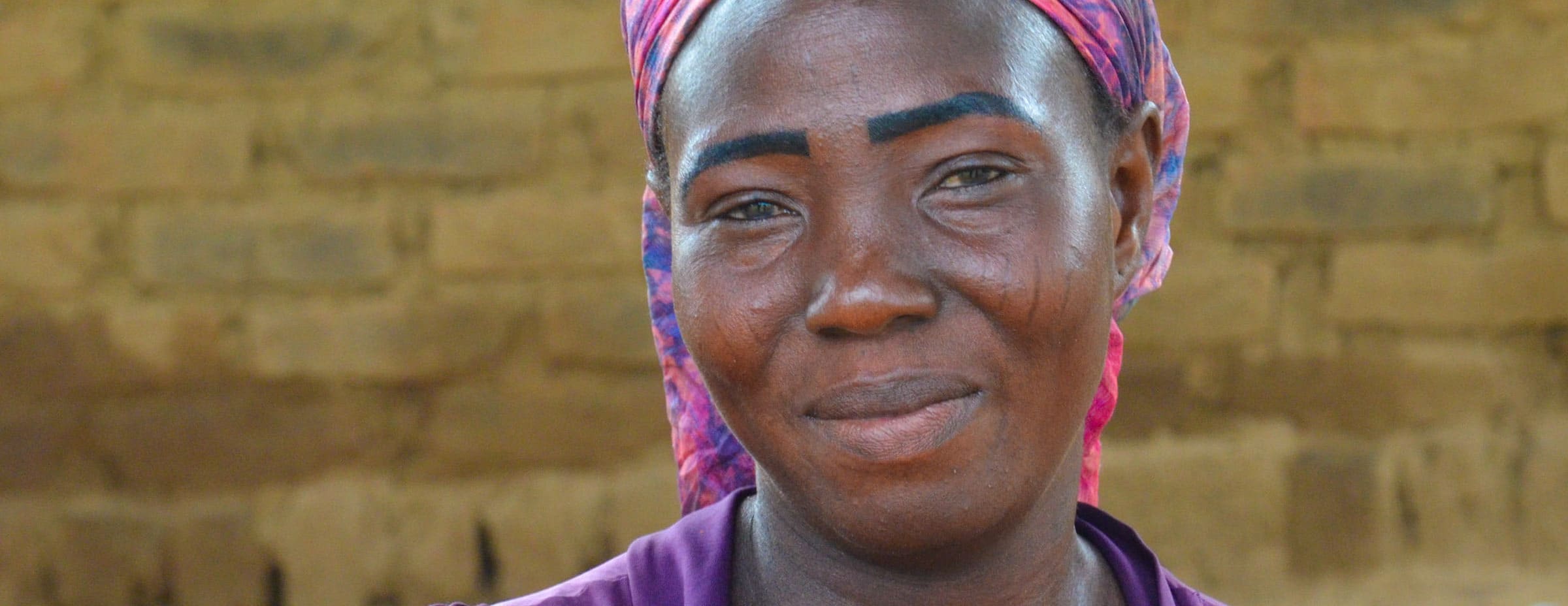

We are not alone.
Many like us have been forced to leave and stay in refugee camps. I hope that, when the water recedes, I will be able to go back with others to rebuild my life.
Chad has been heavily affected by climate crisis, with floods and extensive droughts battering communities that were already vulnerable. When floods hit in 2022, Ngoulda Vadan Waïwari lost her house, and the few cattle and crops she had. But she did not give up. Together with others, she started recycling human urine into organic fertilizer. Offering an affordable and practical solution in challenging circumstances, this has helped restore the soil and double crop yields for Ngoulda and others.

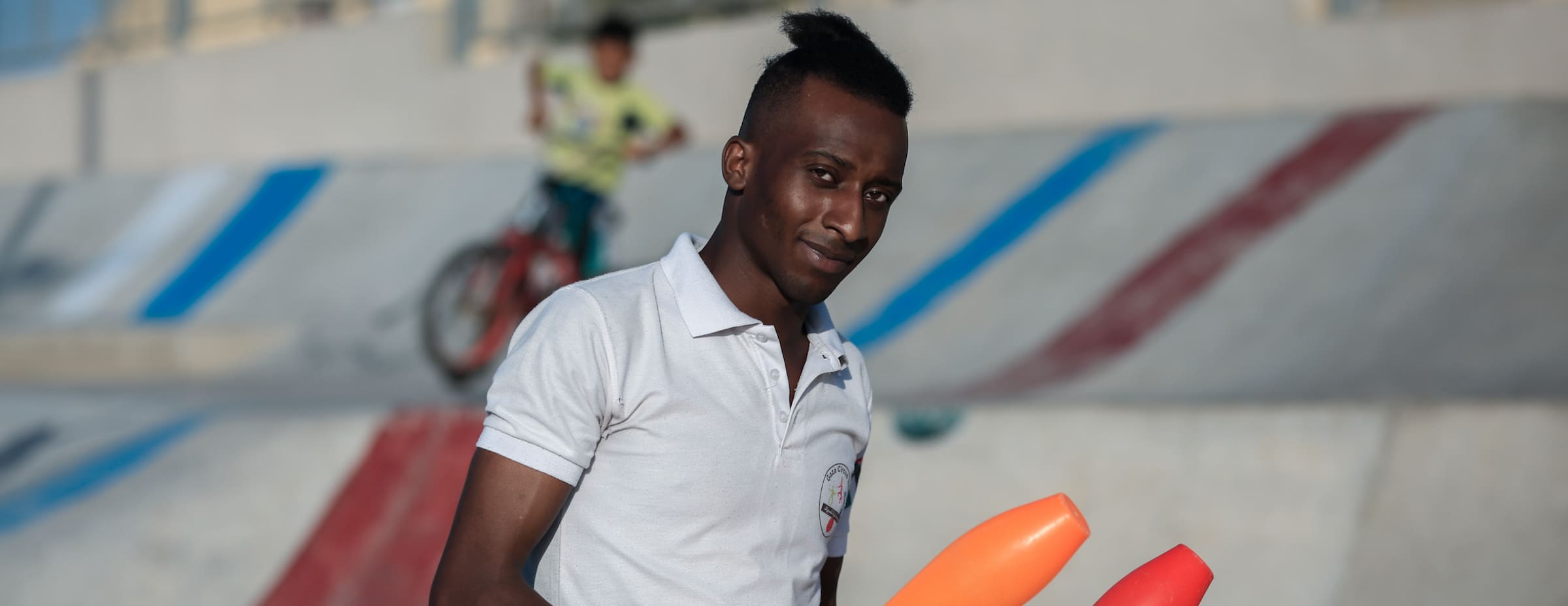

Most circus equipment is not allowed to enter, so we make do with what we have in order to keep the circus going.
I feel accomplished when I share the joy with people!
Mohammad Obaid is a circus performer in Gaza. He dropped out of undergraduate studies to follow his childhood passion for gymnastics and performance. However, most circus equipment is not allowed to enter the Gaza strip. So Mohammed uses fruit, sugar bags and home-made equipment to practice juggling. He feels that the circus allows him to release negative energy and learn new things. Mohammed brings a welcome sparkle of joy in a place that has been described by the UN as ‘unlivable.’
Update: We spoke with Mohammed before the recent conflict. We have not been able to reach him since then.

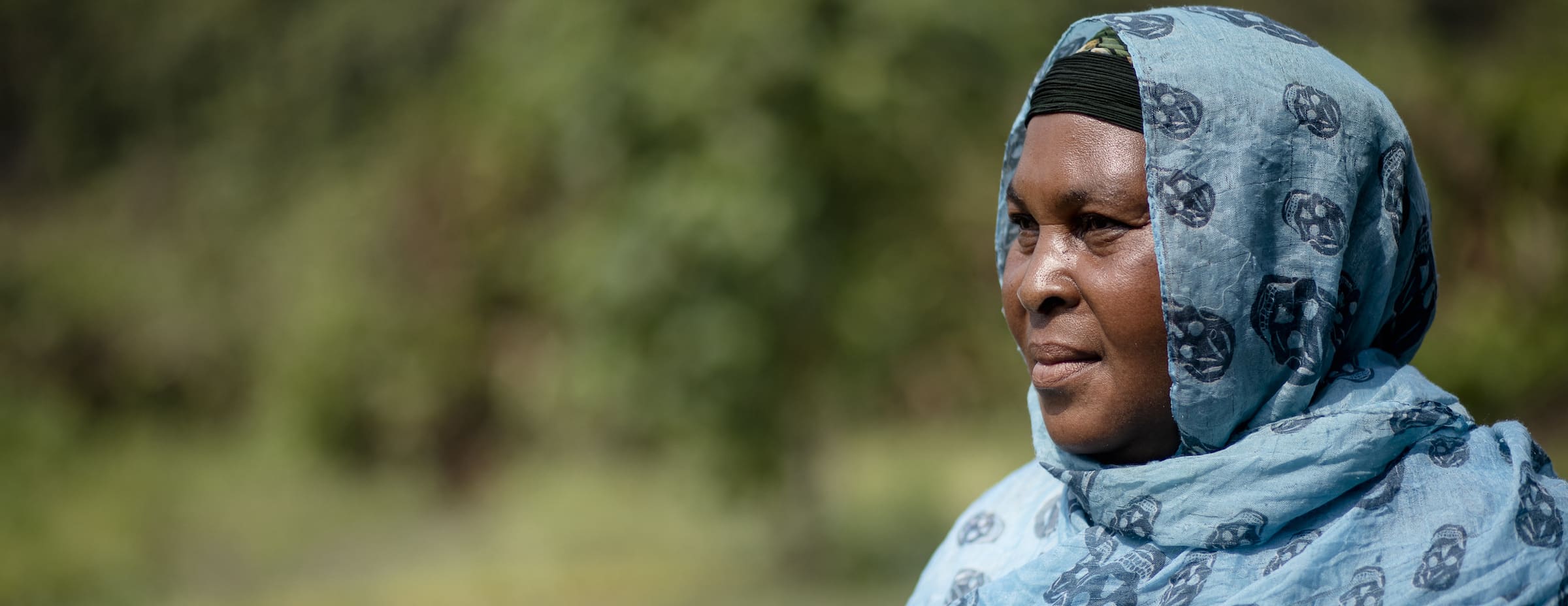

When we started working in the garden, we stopped thinking about what we lost.
Here in the garden, we smile, and we forget the problems and the harmful events that happened to us.
When anti-Balaka militias attacked Bangassou, in the Central African Republic, 70-year-old Housseina Tindombi, her family and neighbors took refuge in a mosque. They spent three days there without food or water. She survived, but it would take her two years to get back home, only to find her house ruined and her crops destroyed. Having had to start again from nothing, Housseina got together with her neighbors and set up a gardening association. The association she now leads sells fresh vegetables to NGOs and local businesses.

+-+Case+studies+(1).jpg)

I have no family. The people in the district were my family.
I enjoyed living here during the good times. Being here with them during these difficult times is fulfilling to me as a human and as an Ethiopian.
Selam* (35) used to work as a government administrator in northern Ethiopia. When violence erupted in her district and the government’s offices were destroyed, she and many others were displaced. Selam took up a volunteering job, helping Oxfam and other organizations as they supported displaced people. During conflict, members of affected communities are often first responders, and a bridge to connect affected people with humanitarian aid.
+-+Case+studies.jpg)
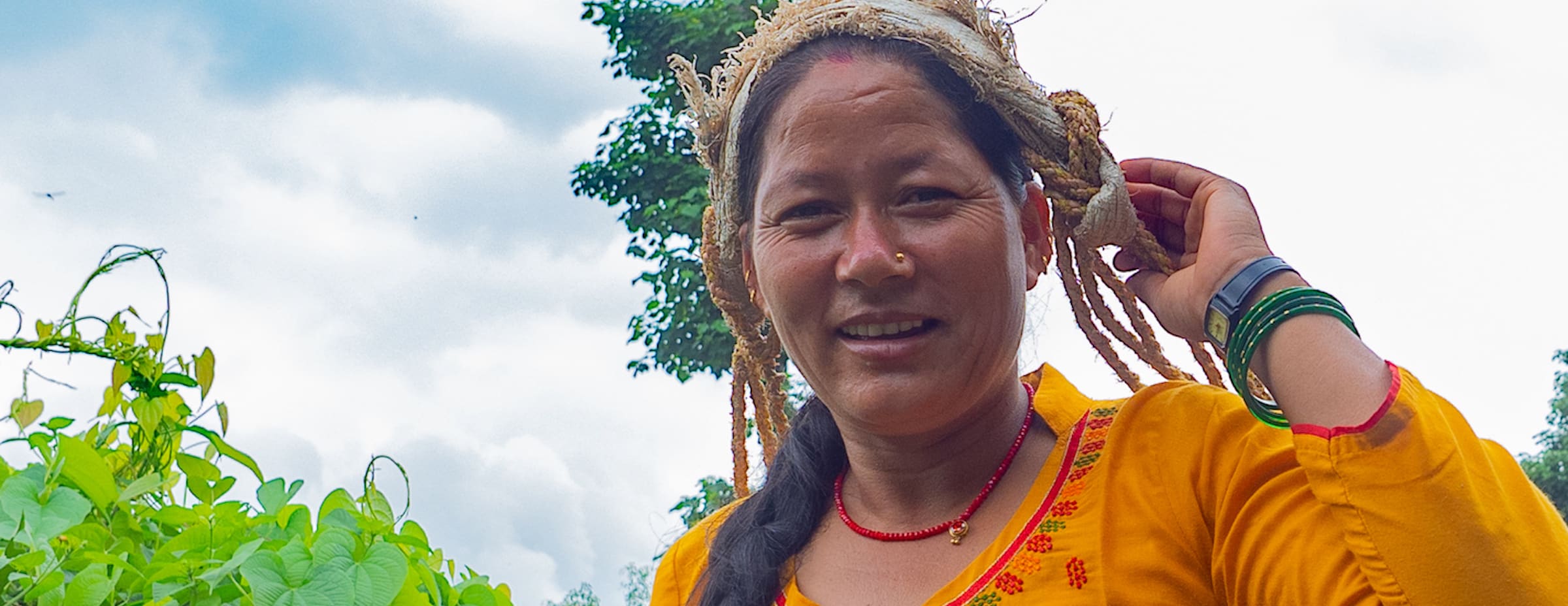

It’s important to help each other out when times are difficult,
because we all are vulnerable when we are alone, but when we are together, no one can break our spirit.
Almost a decade ago, floods engulfed Khalla Maseti village, Nepal. Anjali Devi Bohora rushed to take her two children to safety. Within hours, her house, farm and cattle were washed away. But Anjali decided to fight back. She borrowed money and set up a small shop. She managed to pay back her loans and enabled her children to enter higher education. And she has become a leader in her community on disaster management issues. She represents her village and two others in local government, and has played a vital role in bringing electricity, WiFi and a new road to her community.

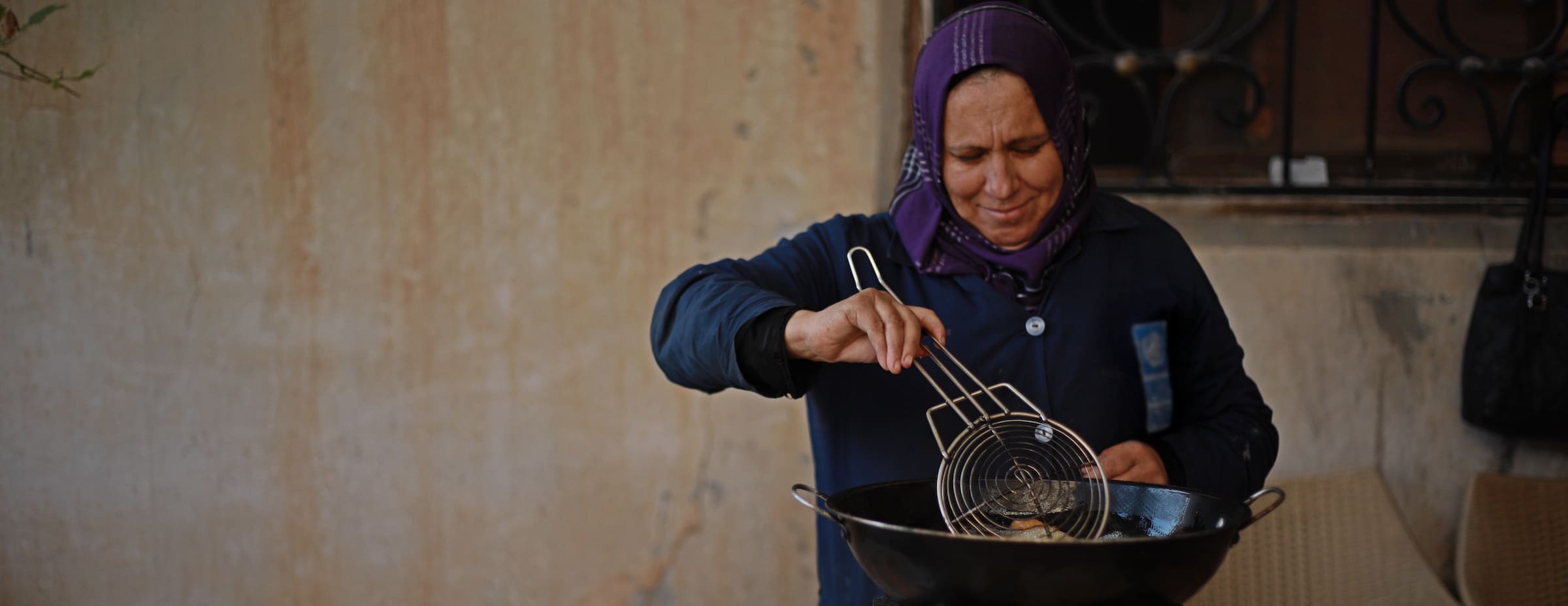

I started thinking, what am I good at? And where can I start?
Earning money by cooking and being able to cater for some of our needs is just a joy.
Eight years ago, Majdah was newly married and dreamt of a happy life, a warm home and a family in Syria. When a mortar hit her home, it left her with a disability. When her husband left her, she had no income to rely on, and could not afford a prosthetic. But she eventually met a group of women who had started a kitchen to make food and sell it to private companies. Majdah found new self-confidence, and a new family.
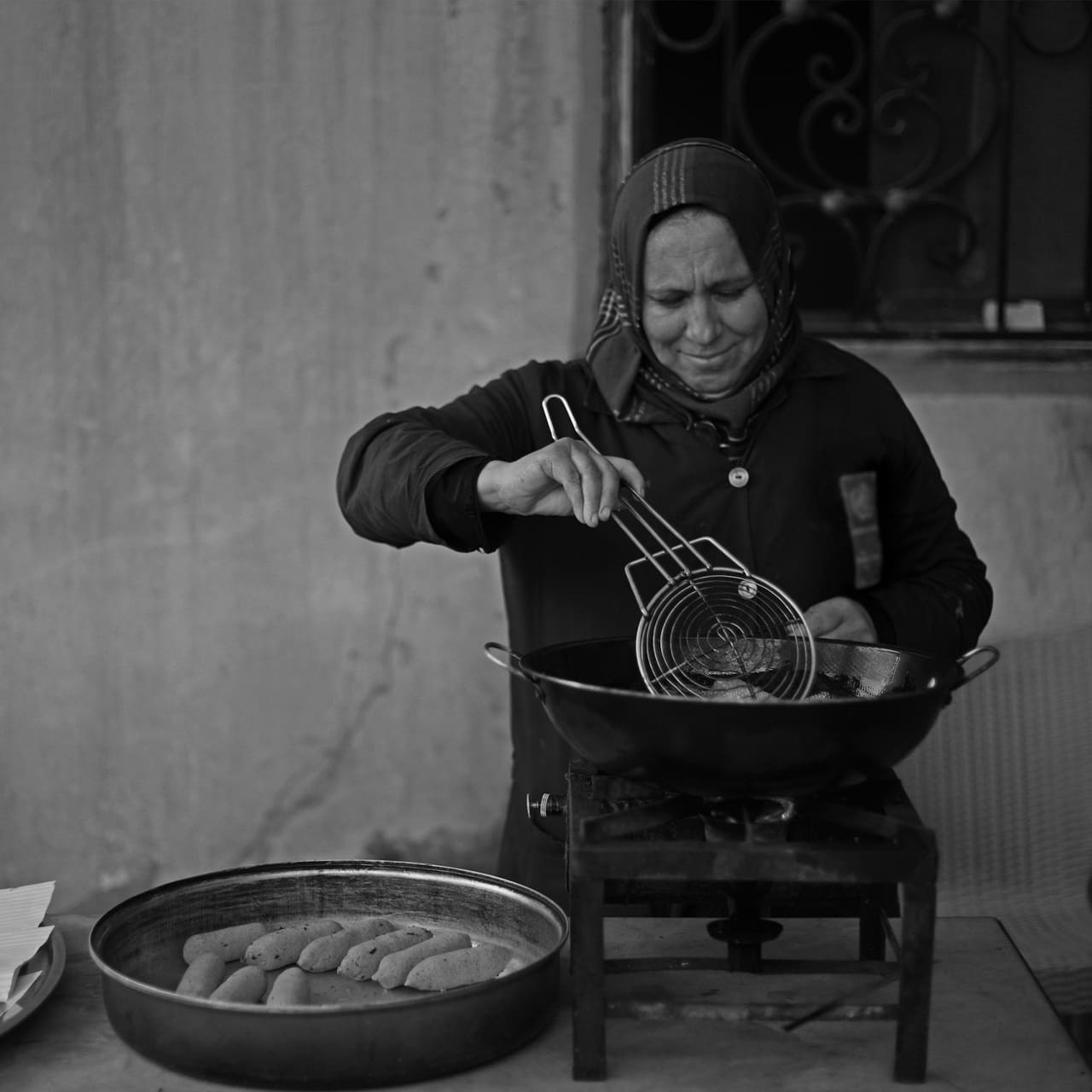
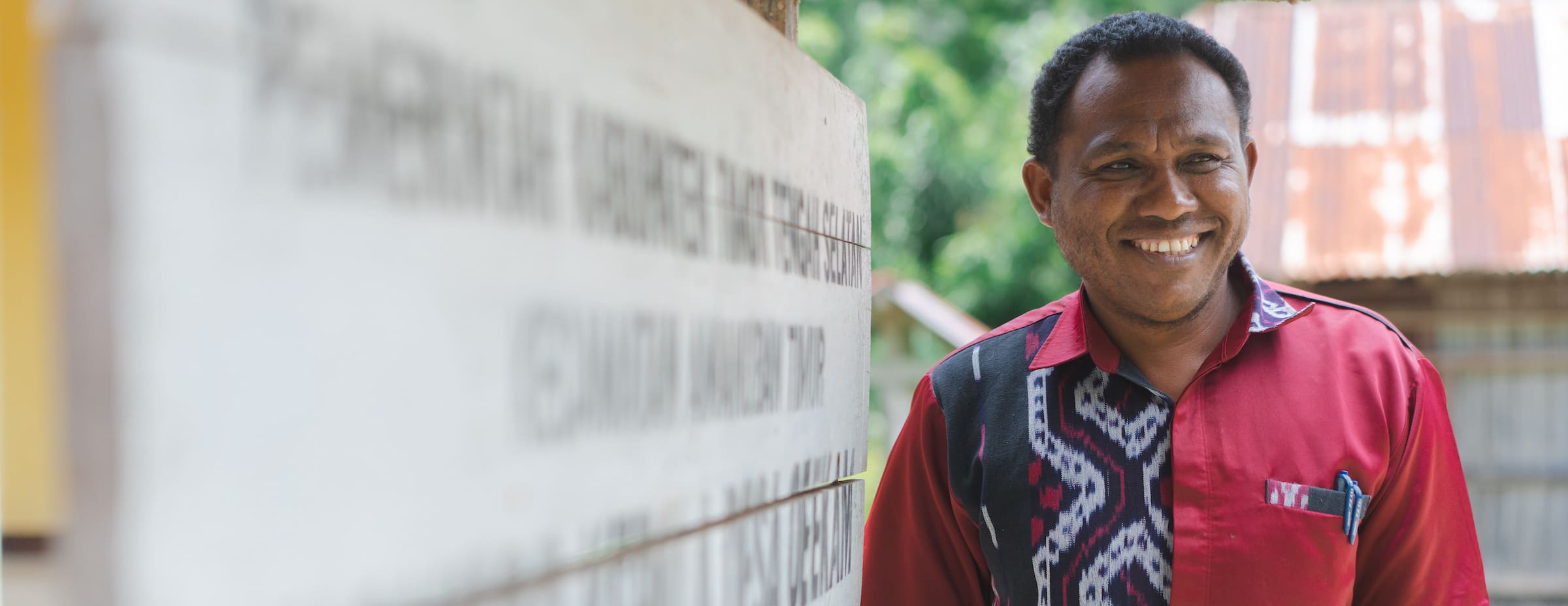

If she stopped me hitting her, I would kick her. Things that we wanted, things we could do on our own – we would call our wife, and she would do it while we just sat there. I only realized slowly.
I slowly realized – and changed.
Yesi (44) lives with his wife in a small village of the East Central Timor region of Indonesia. He had a habit of getting what he wanted through force. In 2019, he was invited to join a learning group on household issues. It was the start of a revelatory experience. He learned about women’s rights and about violence. Gradually, things changed around the house, as Yesi started to take care of the well, to cook and to do household chores. Now Yesi is an advocate against domestic violence in his village.

Names have been changed in order to protect people's identities
Some of us light a spark in the darkest of places.
The story of the future is being written now. And remarkably, it is not being written by greed and inequality. It is being written by Hamda, Sofía, Ngoulda, and so many other people we work with, who refuse to give up despite seemingly insurmountable challenges.


I couldn’t allow my son to see my sadness,
I didn’t have time to be depressed, and I knew I had to be a source of inspiration for those around me. Some rely on me for the smallest shred of hope.
In 2014, Hamda Al Marzouq, 31, carried her only child through sandstorms and shelling to finally arrive in a Jordan refugee camp fleeing the conflict in Syria. She quickly realized that she had to fend for herself, her son, and her chronically ill parents, in an environment where everyone was trying to do the same. She applied for a volunteering job in the camp, and that turned out to be the start of a remarkable journey.
Nine years later, Hamda is a team leader at one of Oxfam’s waste sorting facilities, overseeing a team of 86 workers. She inspires other refugees every day again.
Read more

+(1).jpg)

I called on all my courage and that day I said, ‘Enough!’
Women have the strength to fight injustice and to overcome any problem we have in our homes and communities.
Sofía Lopez* (34) was seven months’ pregnant when her ex-partner beat her almost to death. He was an alcoholic, a womanizer, and very jealous, she says. But one day she put a stop to it. She took the step of reporting him to the El Salvador police. That day, she won her battle against violence. Sofía returned to studying and earned her high school diploma. She found a new partner. She is now in charge of her village’s civil protection commission and first-aid brigade. She works with local authorities and organizations in emergencies to ensure the distribution of aid to people in need. And she counsels women who have experienced violence.



We are not alone.
Many like us have been forced to leave and stay in refugee camps. I hope that, when the water recedes, I will be able to go back with others to rebuild my life.
Chad has been heavily affected by climate crisis, with floods and extensive droughts battering communities that were already vulnerable. When floods hit in 2022, Ngoulda Vadan Waïwari lost her house, and the few cattle and crops she had. But she did not give up. Together with others, she started recycling human urine into organic fertilizer. Offering an affordable and practical solution in challenging circumstances, this has helped restore the soil and double crop yields for Ngoulda and others.



Most circus equipment is not allowed to enter, so we make do with what we have in order to keep the circus going.
I feel accomplished when I share the joy with people!
Mohammad Obaid is a circus performer in Gaza. He dropped out of undergraduate studies to follow his childhood passion for gymnastics and performance. However, most circus equipment is not allowed to enter the Gaza strip. So Mohammed uses fruit, sugar bags and home-made equipment to practice juggling. He feels that the circus allows him to release negative energy and learn new things. Mohammed brings a welcome sparkle of joy in a place that has been described by the UN as ‘unlivable.’
Update: We spoke with Mohammed before the recent conflict. We have not been able to reach him since then.

+(1).jpg)

When we started working in the garden, we stopped thinking about what we lost.
Here in the garden, we smile, and we forget the problems and the harmful events that happened to us.
When anti-Balaka militias attacked Bangassou, in the Central African Republic, 70-year-old Housseina Tindombi, her family and neighbors took refuge in a mosque. They spent three days there without food or water. She survived, but it would take her two years to get back home, only to find her house ruined and her crops destroyed. Having had to start again from nothing, Housseina got together with her neighbors and set up a gardening association. The association she now leads sells fresh vegetables to NGOs and local businesses.

+-+Case+studies+(1).jpg)

I have no family. The people in the district were my family.
I enjoyed living here during the good times. Being here with them during these difficult times is fulfilling to me as a human and as an Ethiopian.
Selam* (35) used to work as a government administrator in northern Ethiopia. When violence erupted in her district and the government’s offices were destroyed, she and many others were displaced. Selam took up a volunteering job, helping Oxfam and other organizations as they supported displaced people. During conflict, members of affected communities are often first responders, and a bridge to connect affected people with humanitarian aid.
+-+Case+studies.jpg)


It’s important to help each other out when times are difficult,
because we all are vulnerable when we are alone, but when we are together, no one can break our spirit.
Almost a decade ago, floods engulfed Khalla Maseti village, Nepal. Anjali Devi Bohora rushed to take her two children to safety. Within hours, her house, farm and cattle were washed away. But Anjali decided to fight back. She borrowed money and set up a small shop. She managed to pay back her loans and enabled her children to enter higher education. And she has become a leader in her community on disaster management issues. She represents her village and two others in local government, and has played a vital role in bringing electricity, WiFi and a new road to her community.



I started thinking, what am I good at? And where can I start?
Earning money by cooking and being able to cater for some of our needs is just a joy.
Eight years ago, Majdah was newly married and dreamt of a happy life, a warm home and a family in Syria. When a mortar hit her home, it left her with a disability. When her husband left her, she had no income to rely on, and could not afford a prosthetic. But she eventually met a group of women who had started a kitchen to make food and sell it to private companies. Majdah found new self-confidence, and a new family.

+(1).jpg)

If she stopped me hitting her, I would kick her. Things that we wanted, things we could do on our own – we would call our wife, and she would do it while we just sat there. I only realized slowly.
I slowly realized – and changed.
Yesi (44) lives with his wife in a small village of the East Central Timor region of Indonesia. He had a habit of getting what he wanted through force. In 2019, he was invited to join a learning group on household issues. It was the start of a revelatory experience. He learned about women’s rights and about violence. Gradually, things changed around the house, as Yesi started to take care of the well, to cook and to do household chores. Now Yesi is an advocate against domestic violence in his village.

Names have been changed in order to protect people's identities
